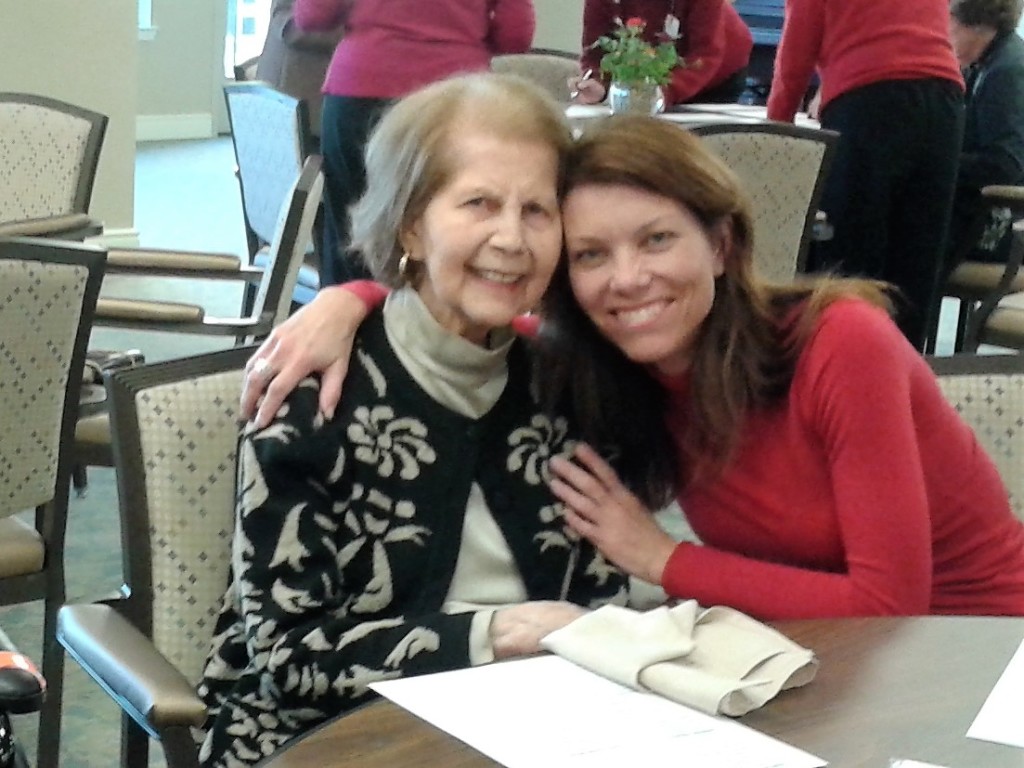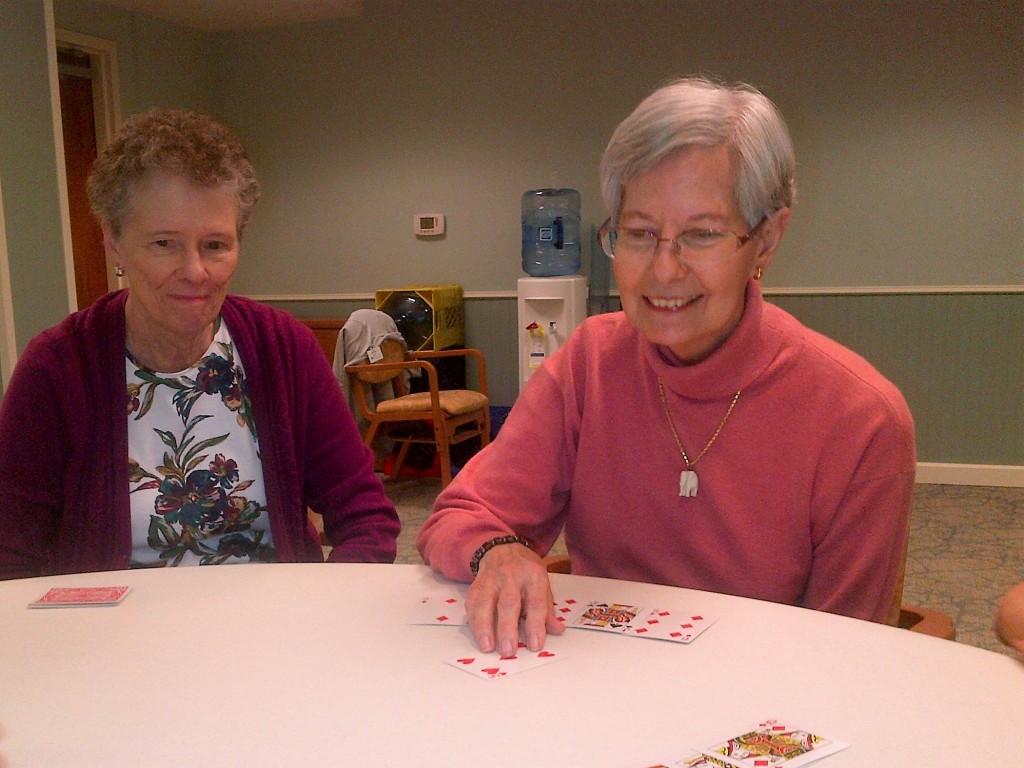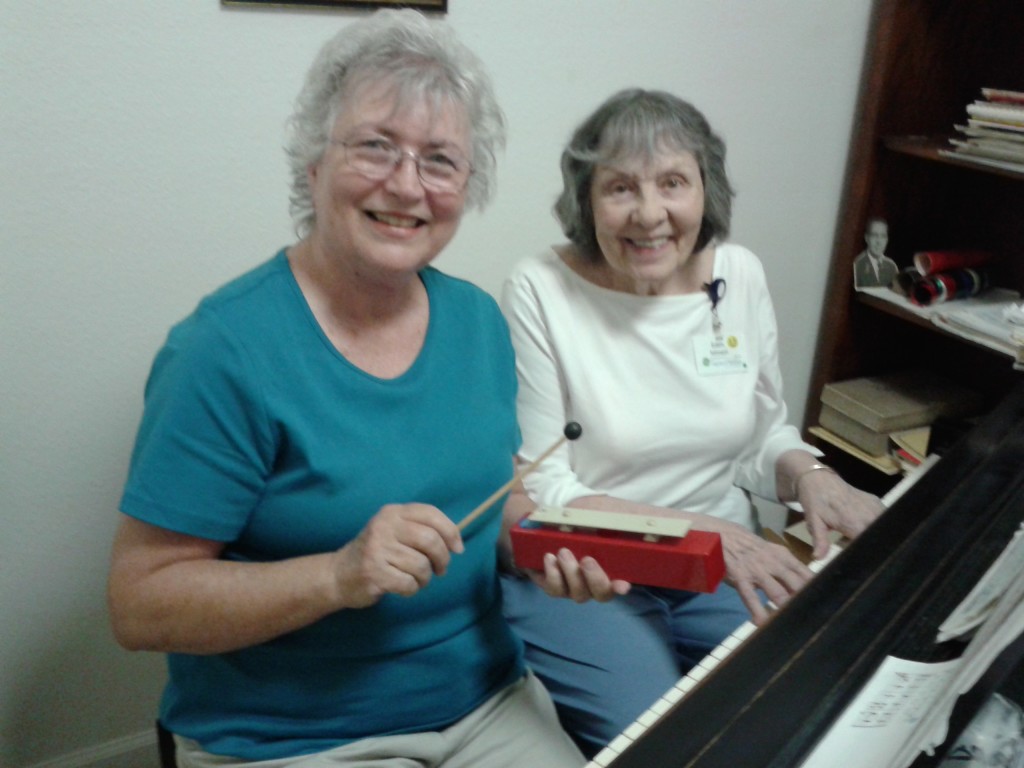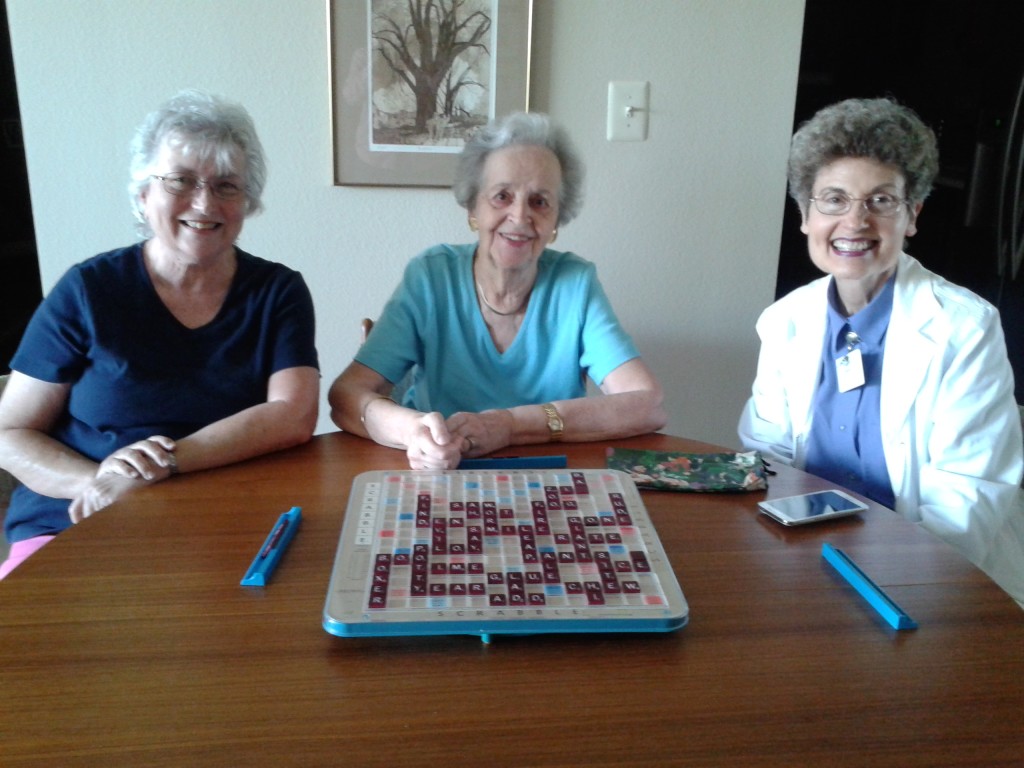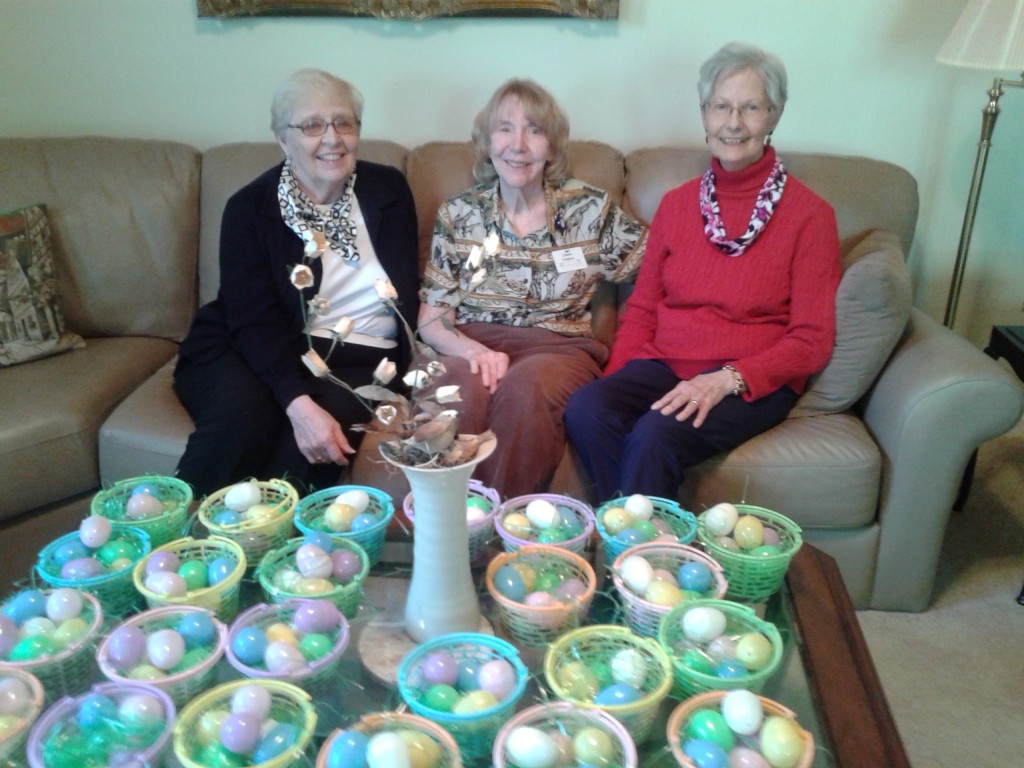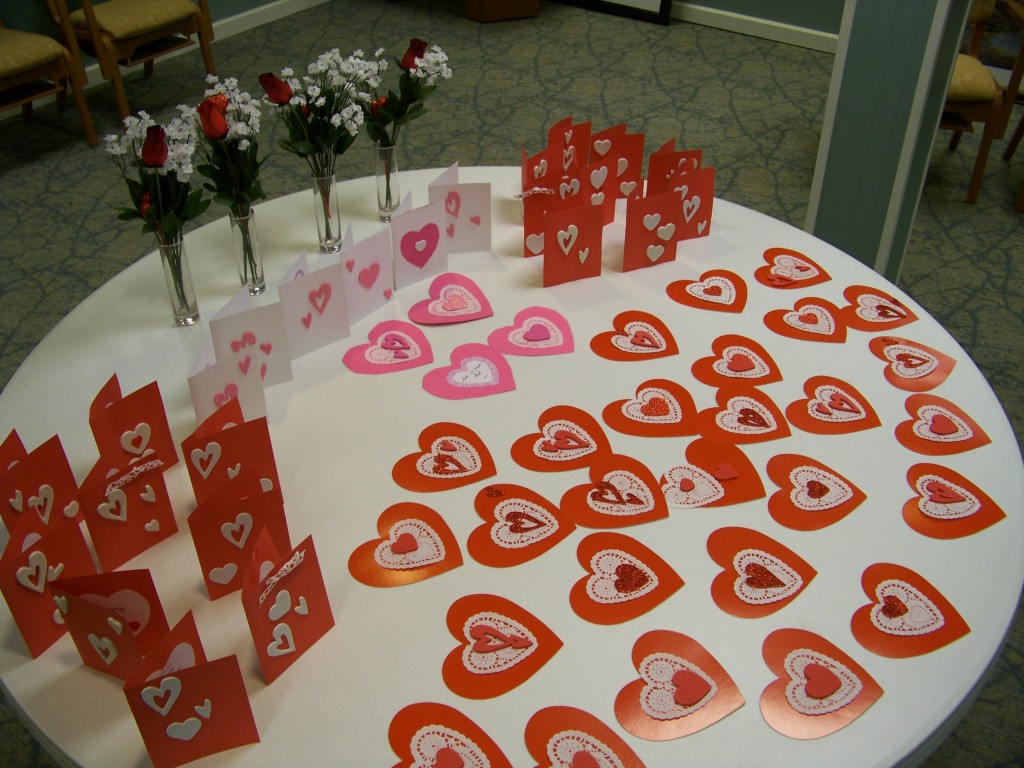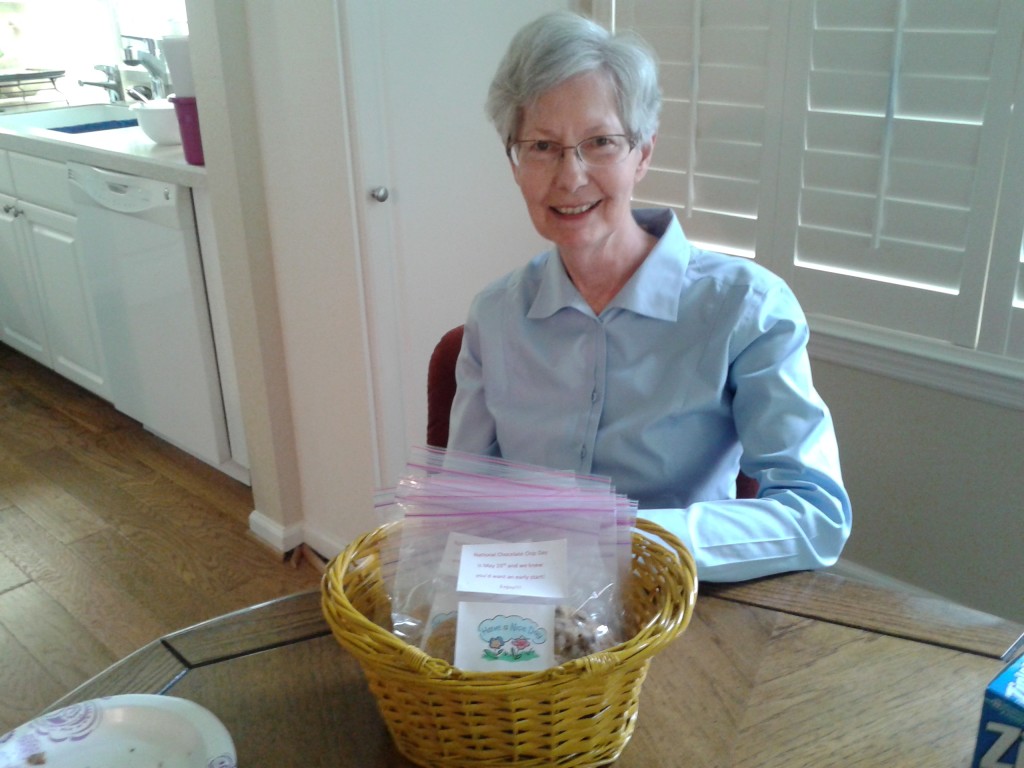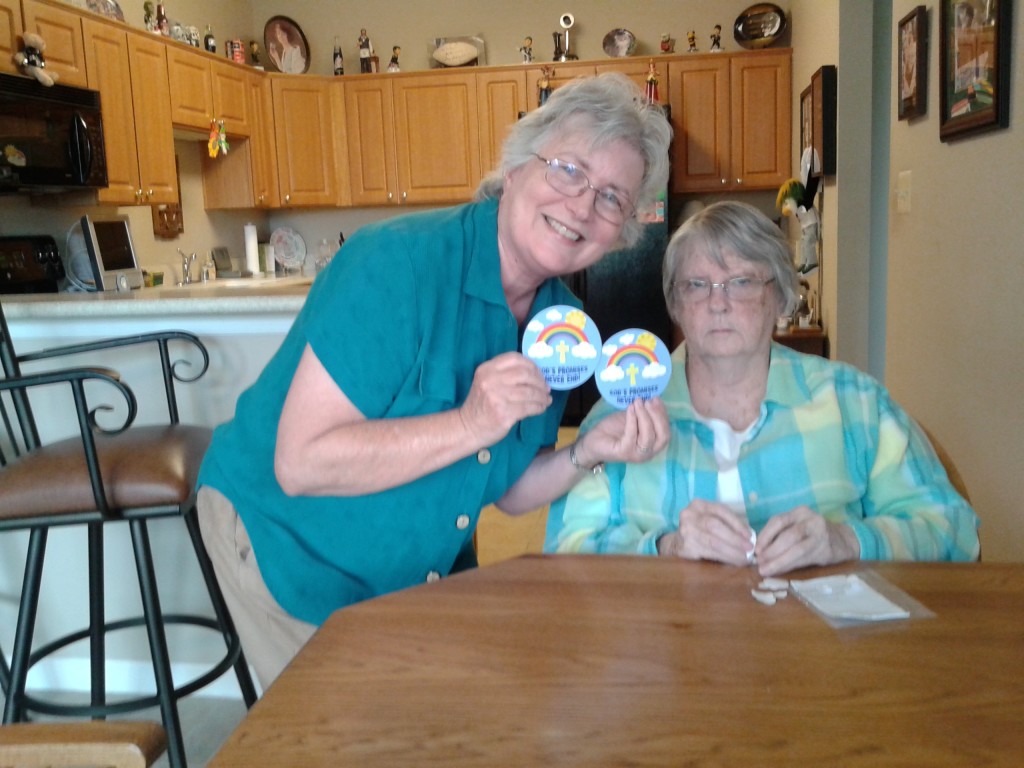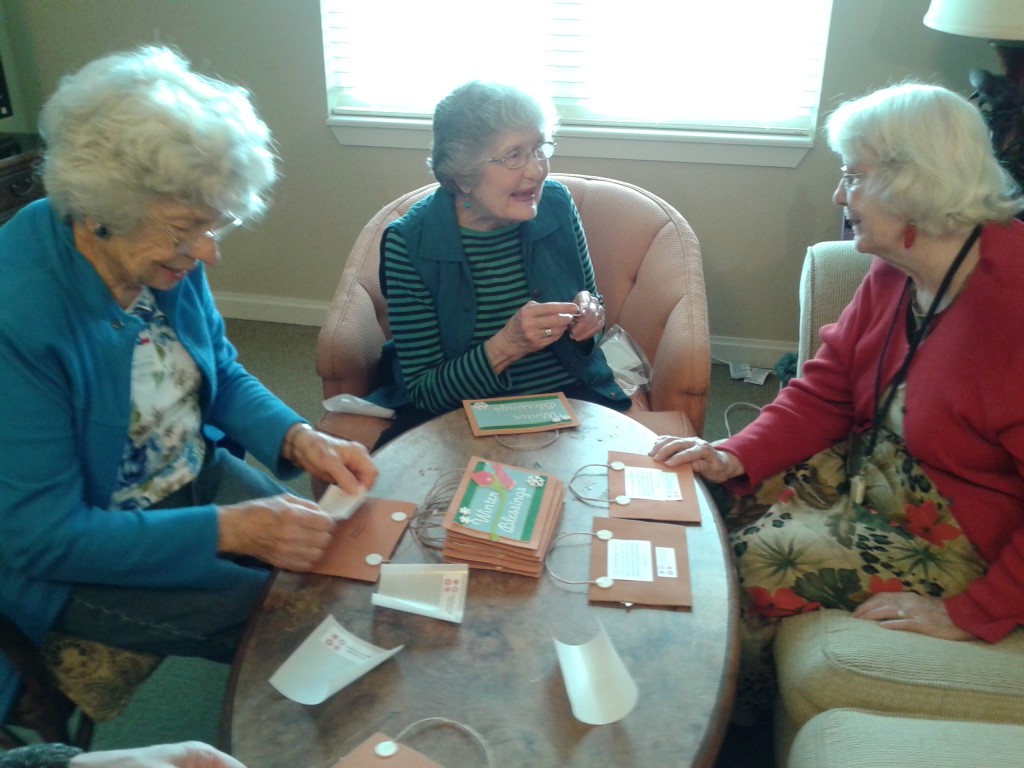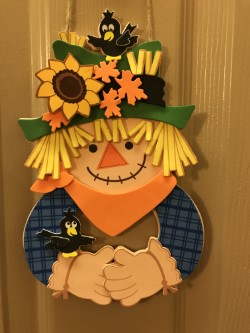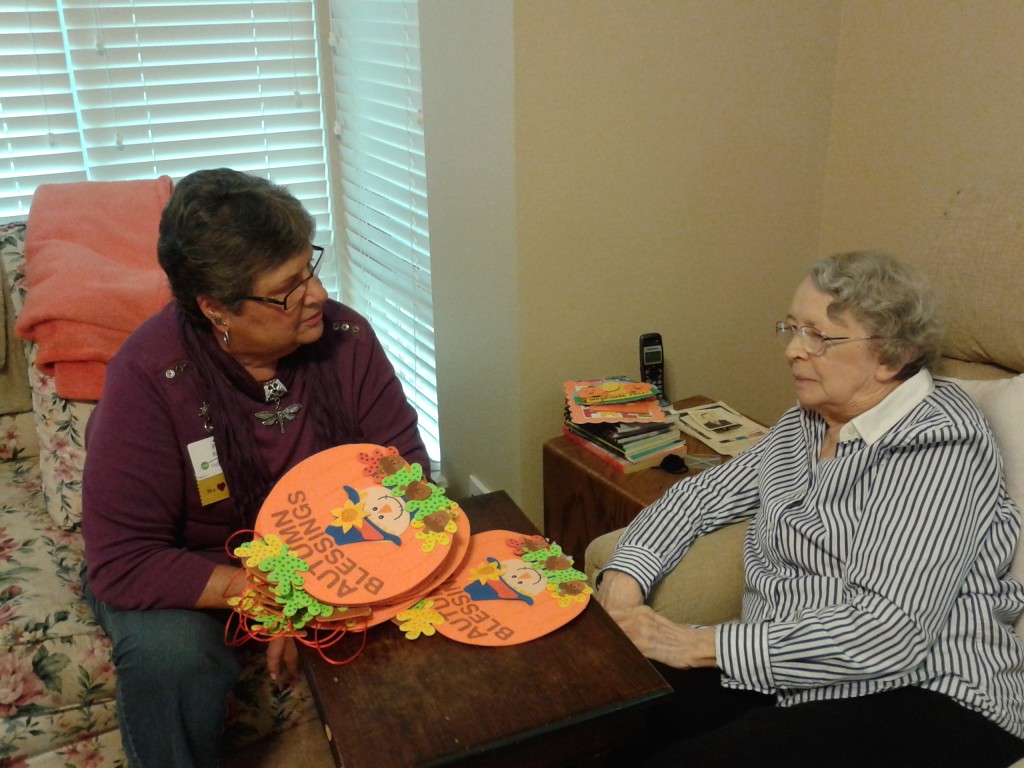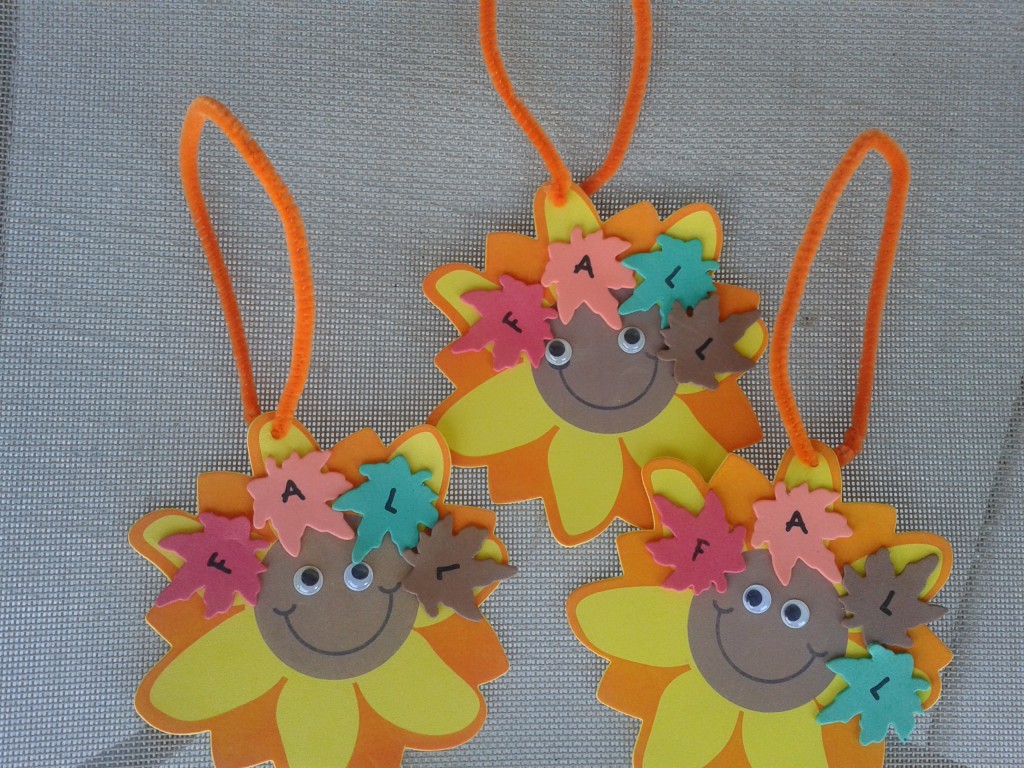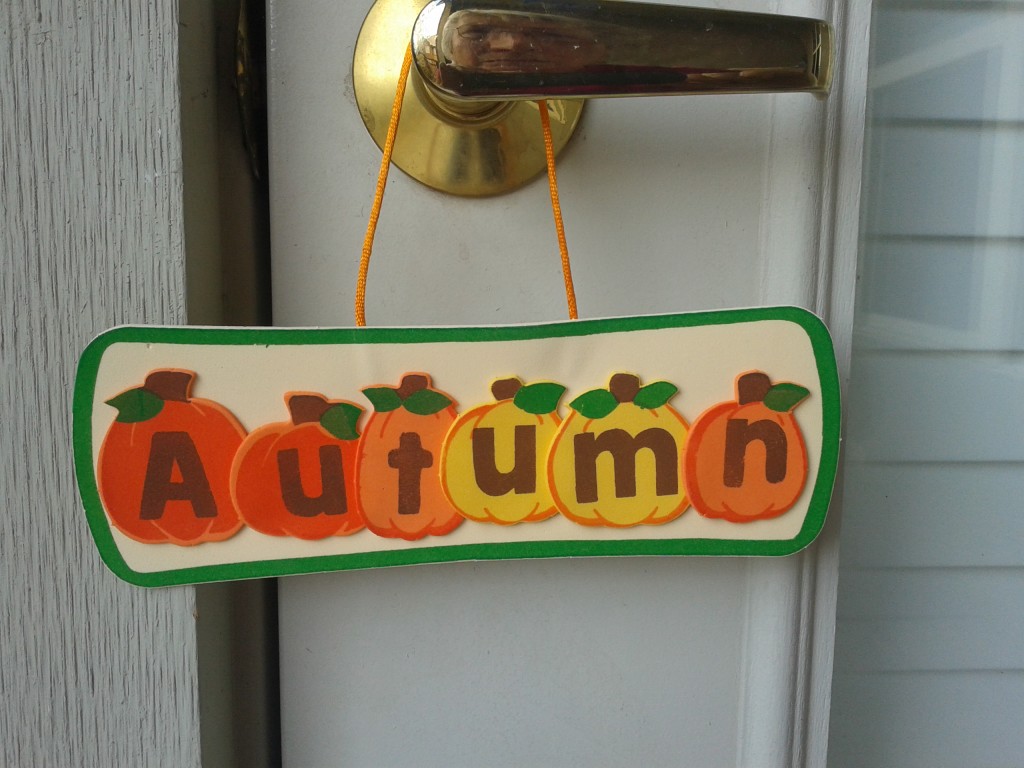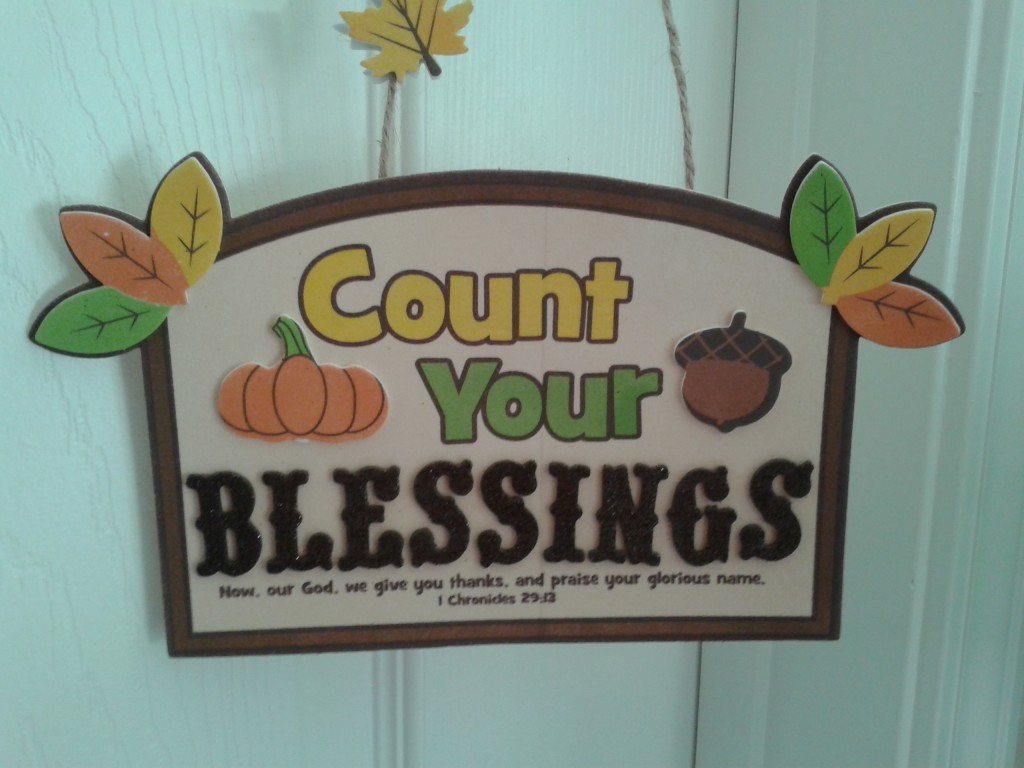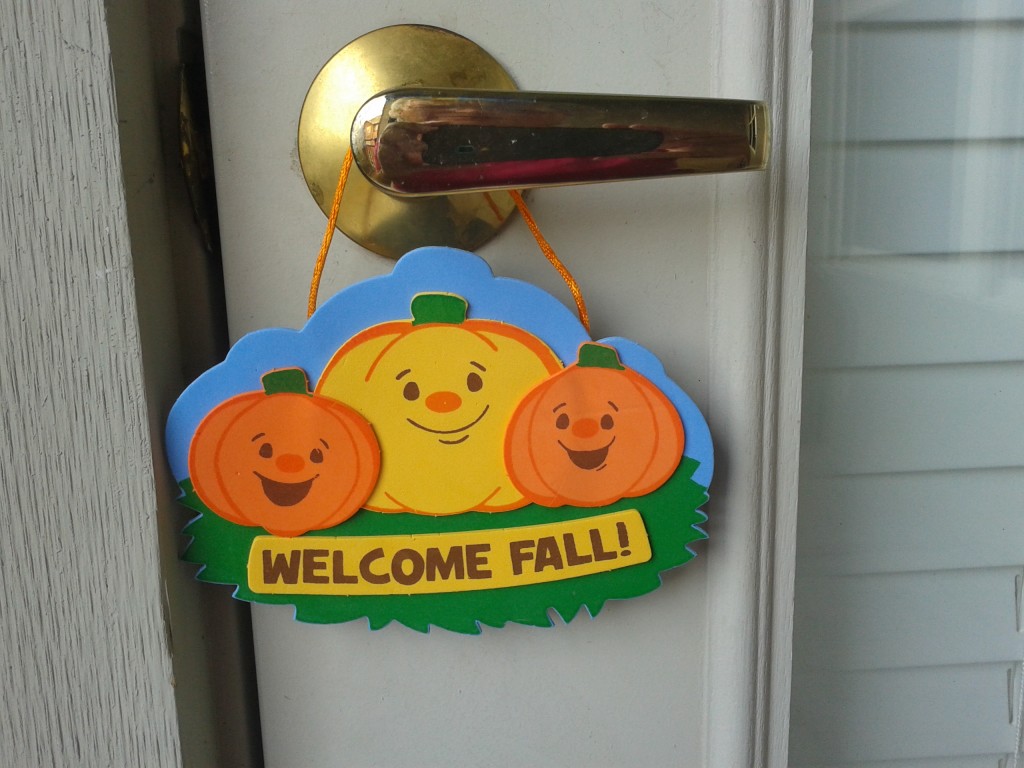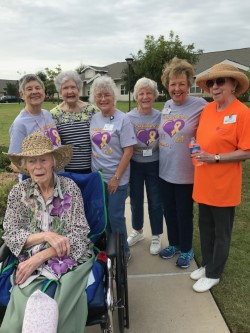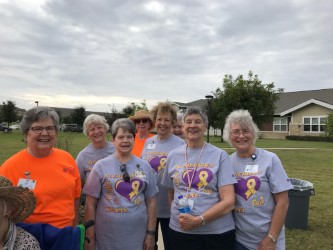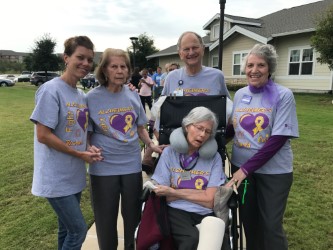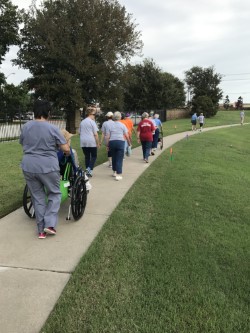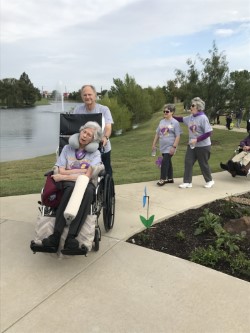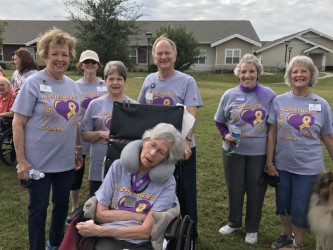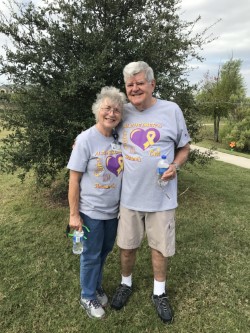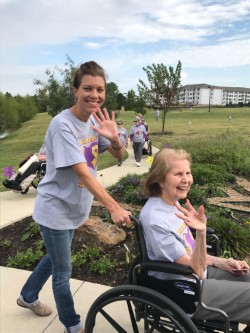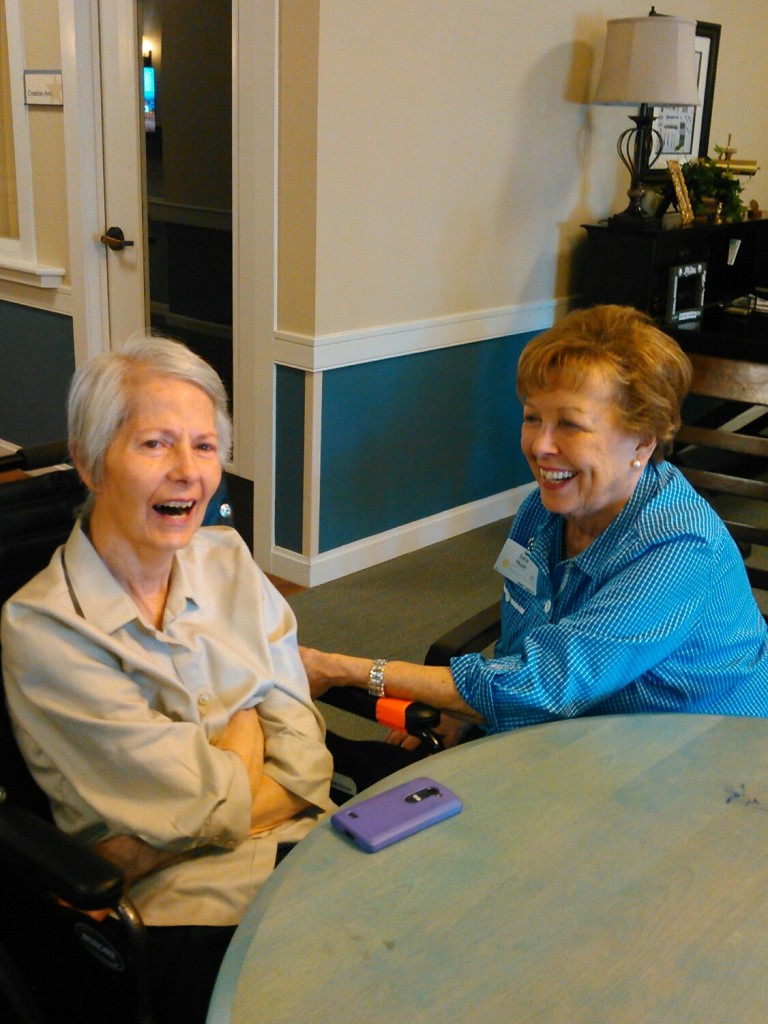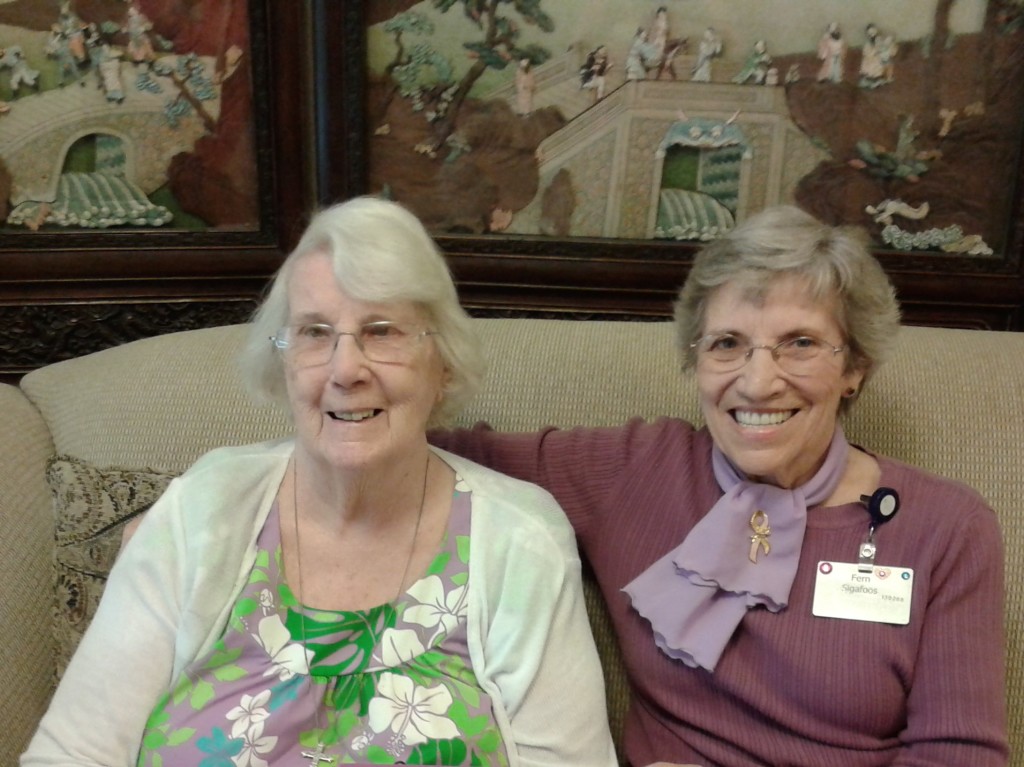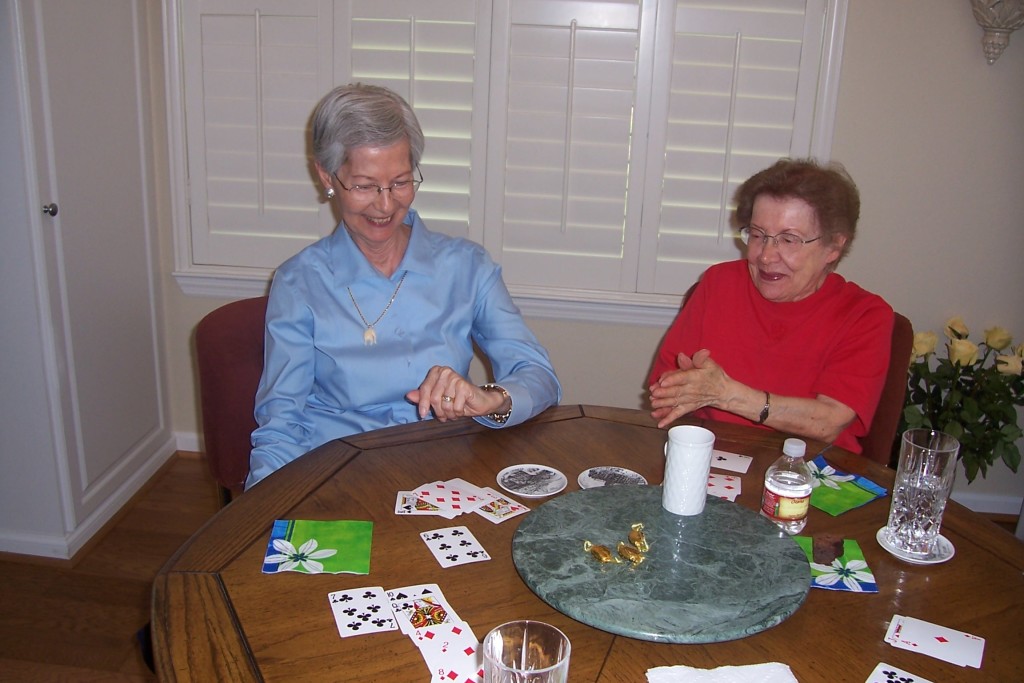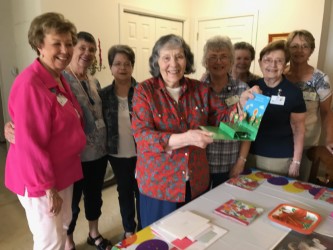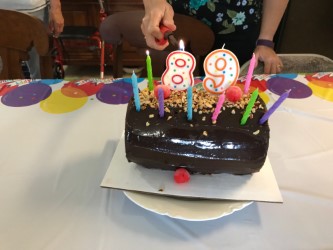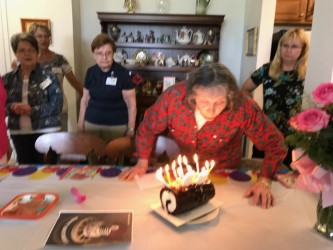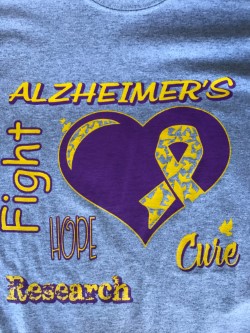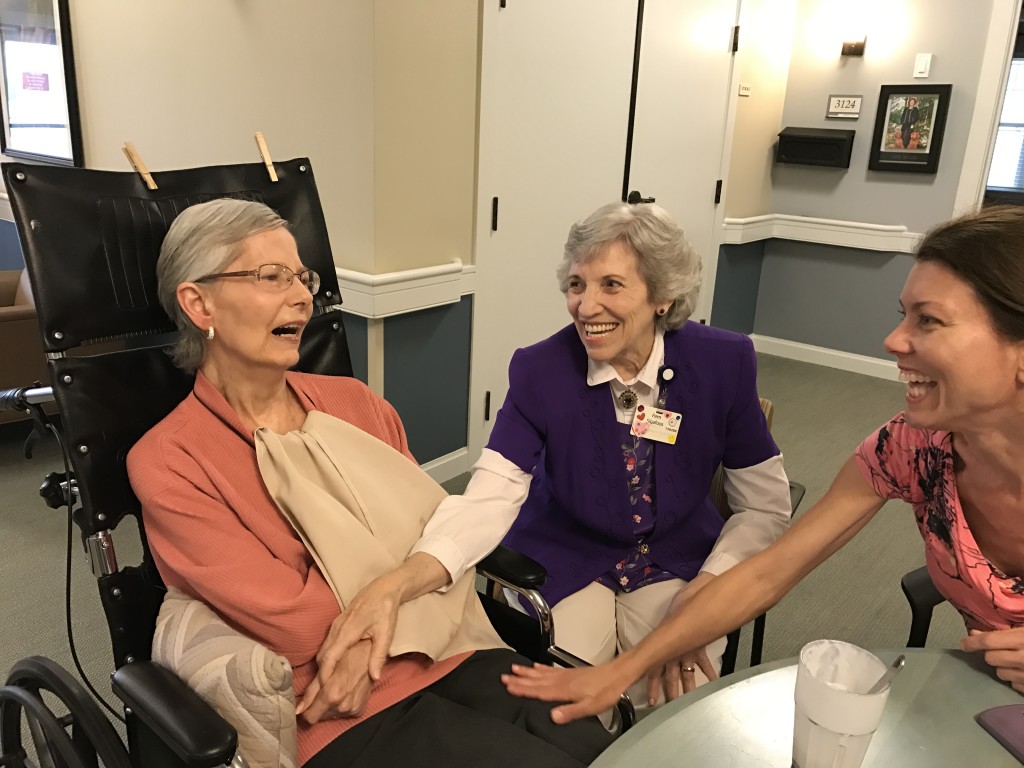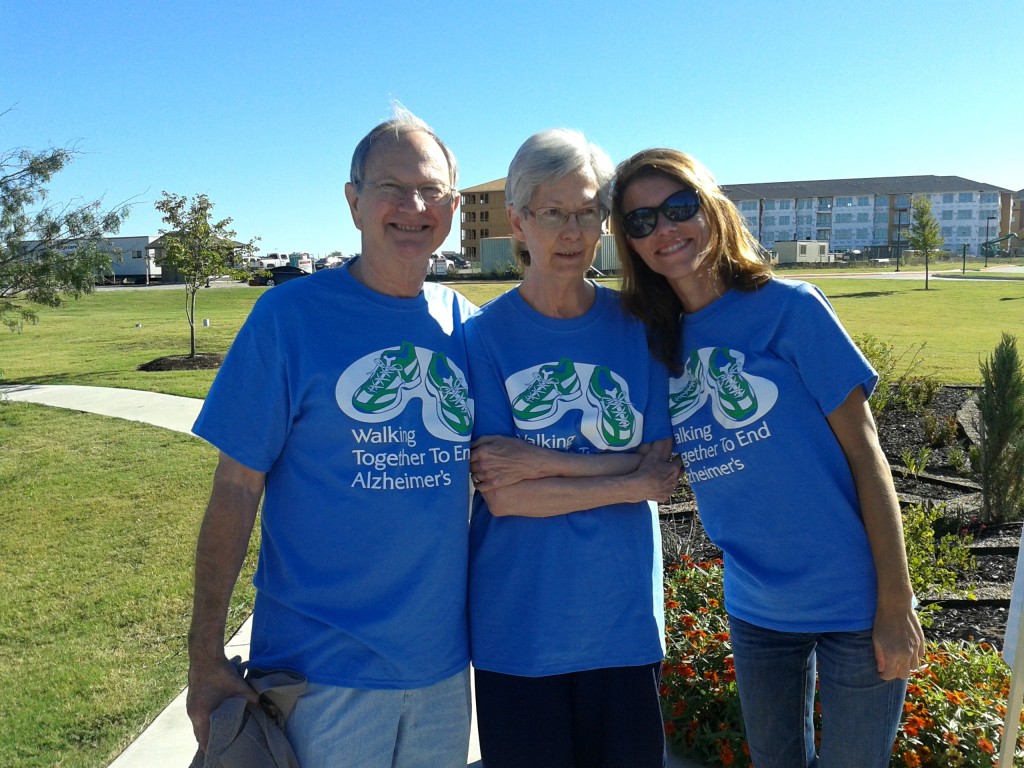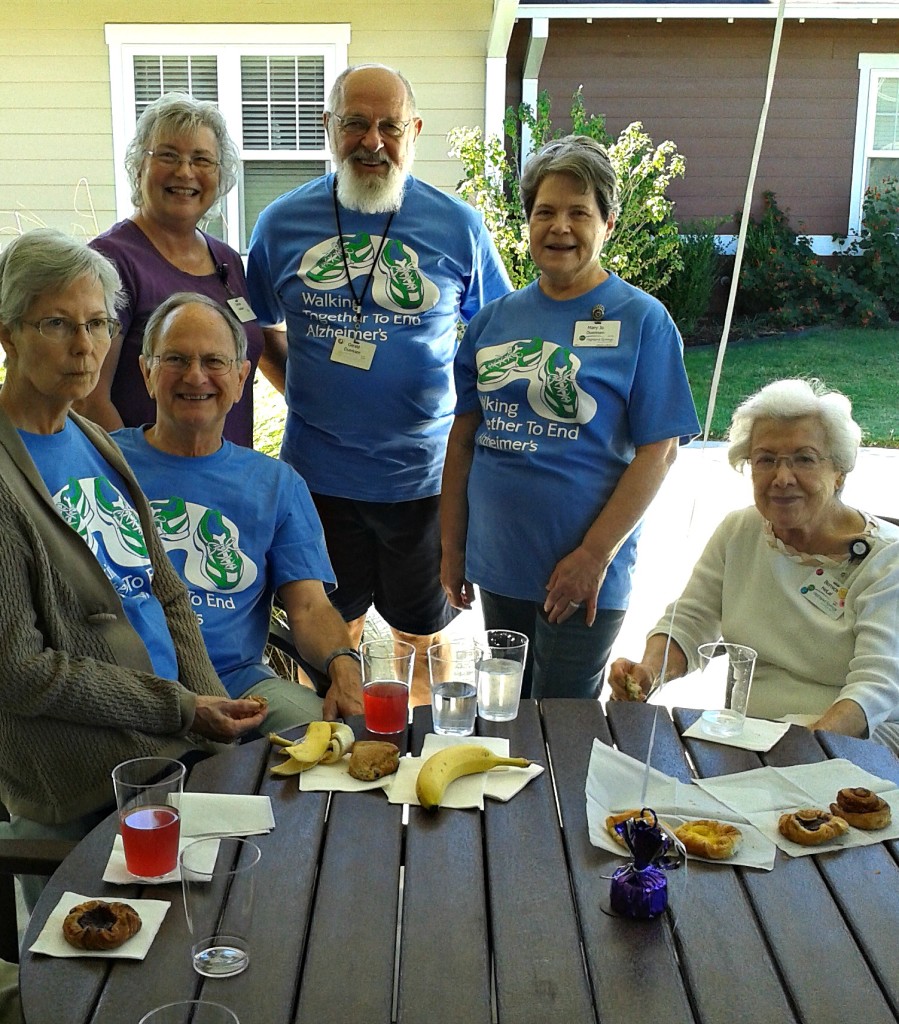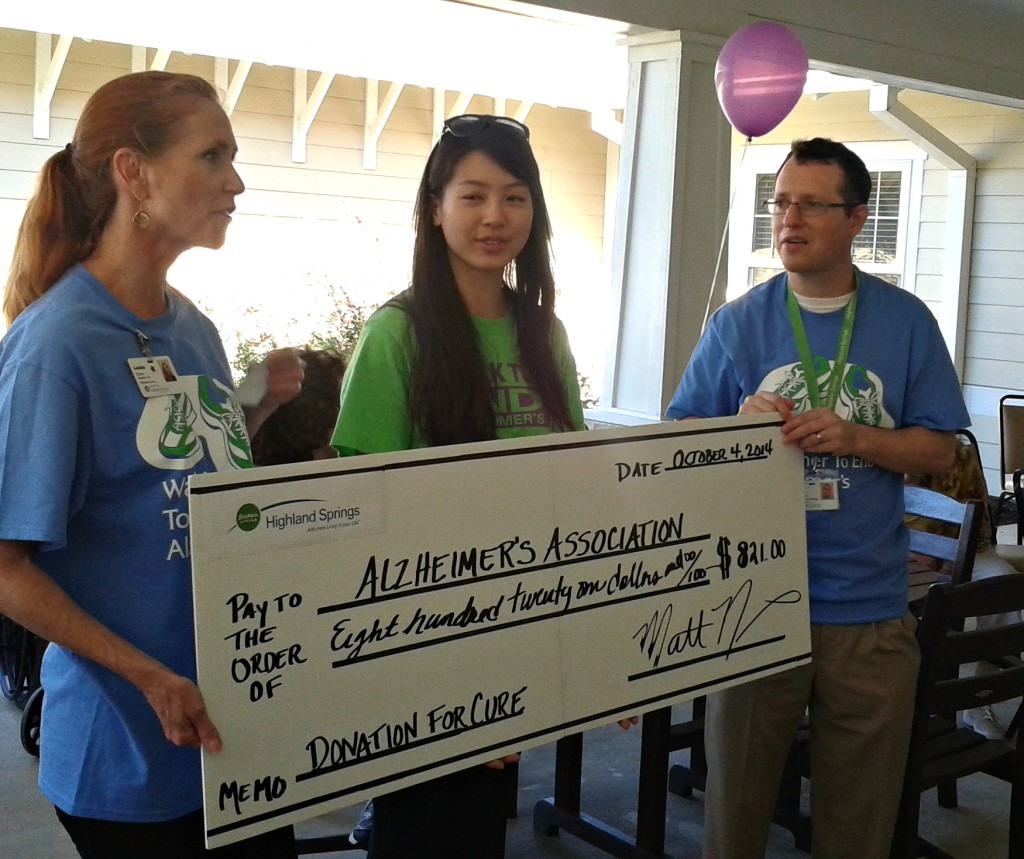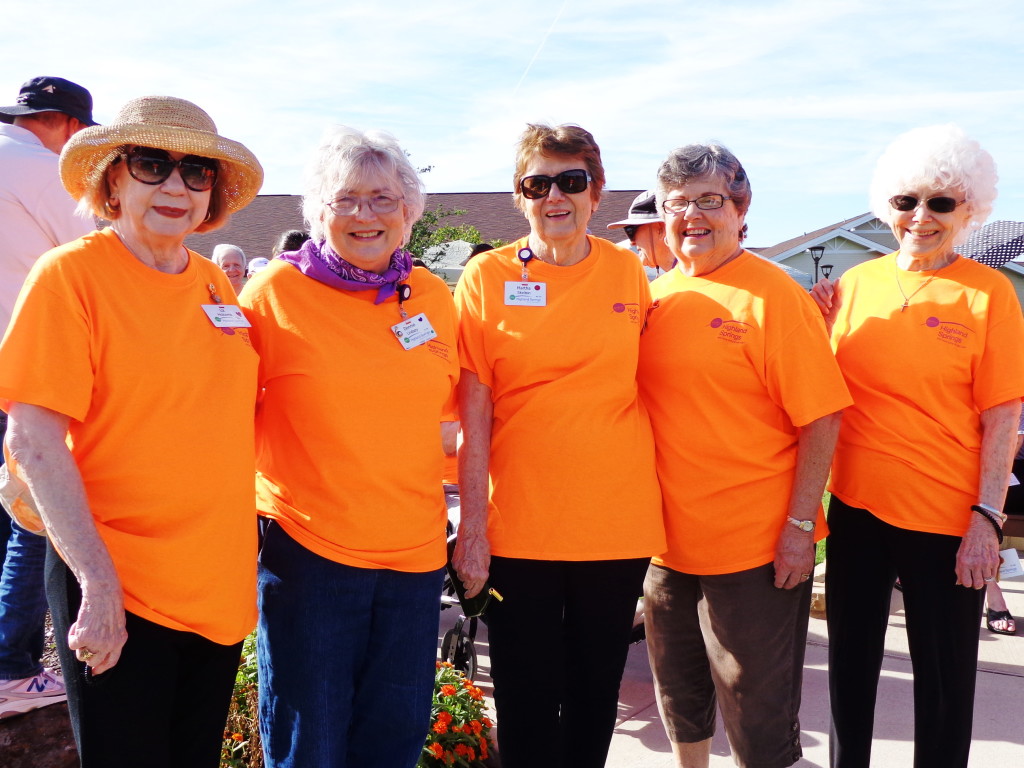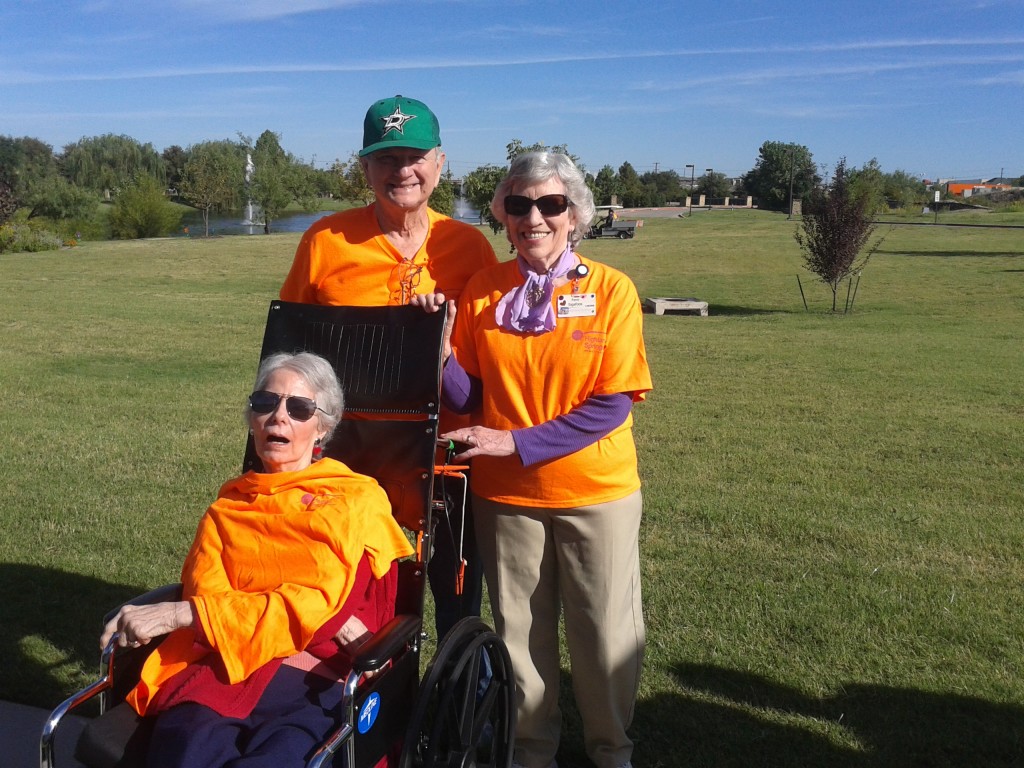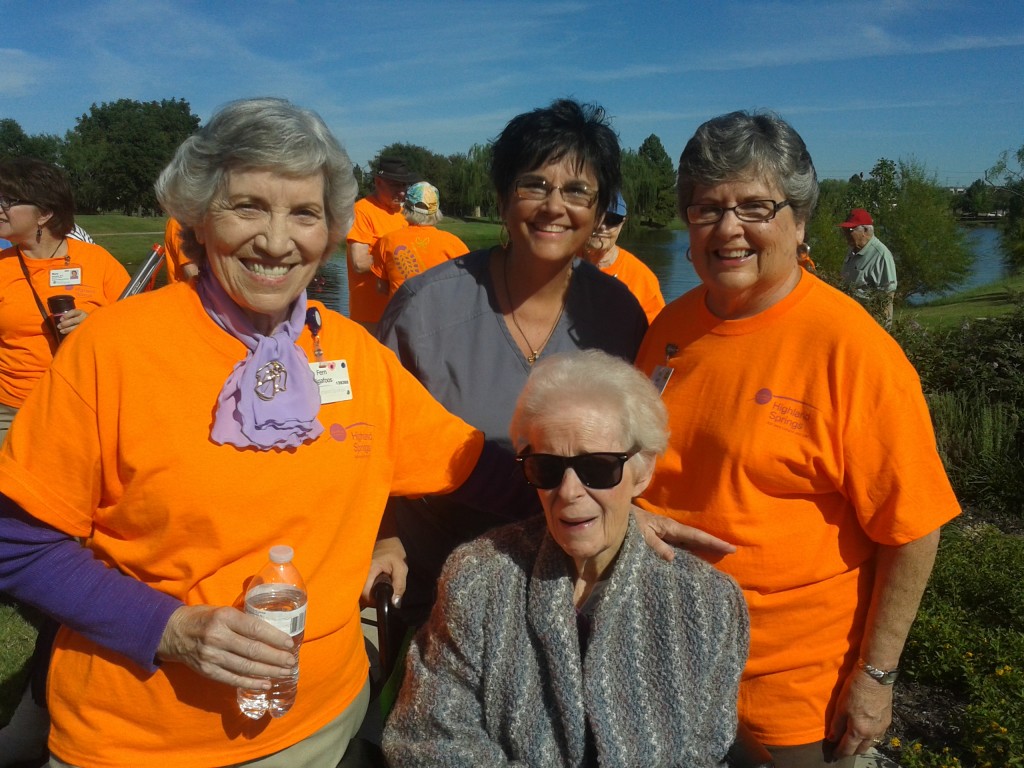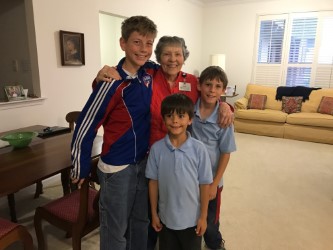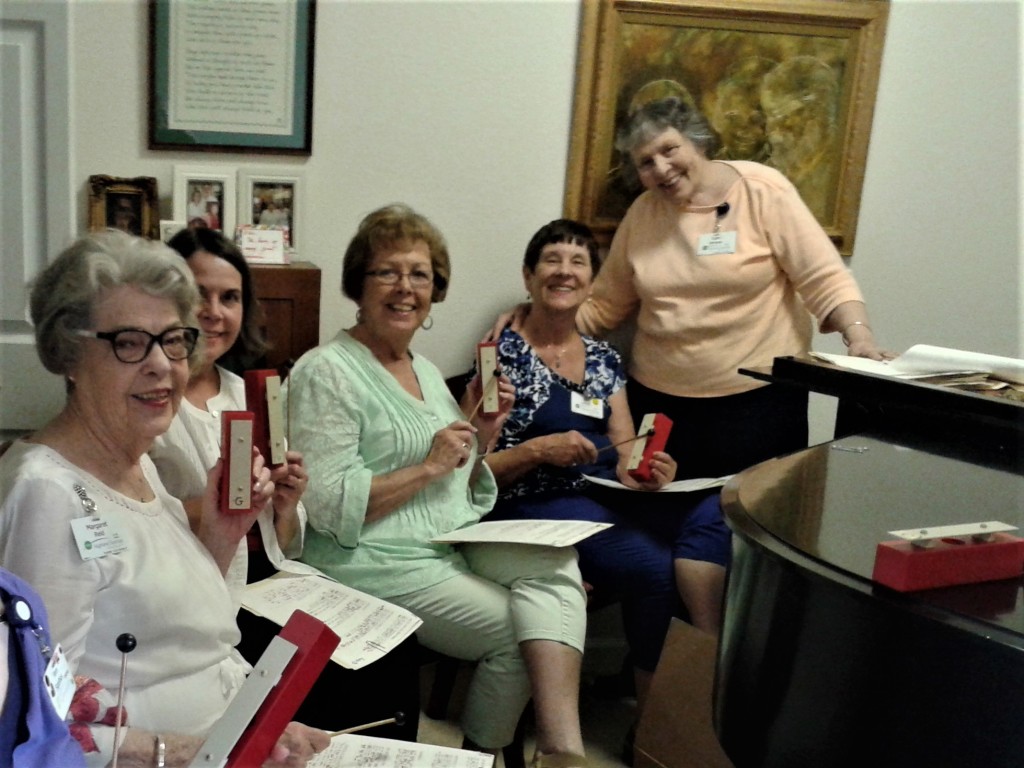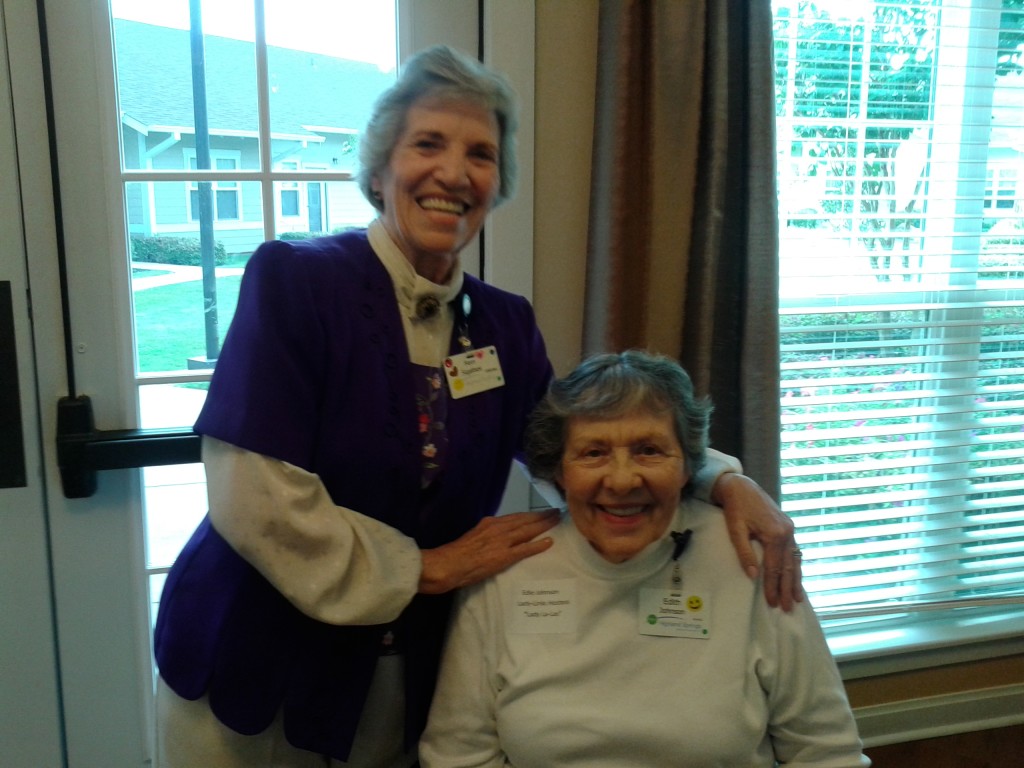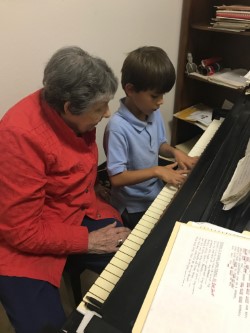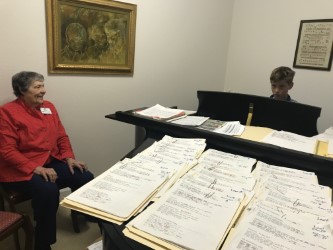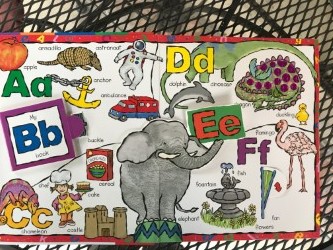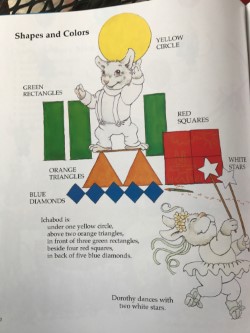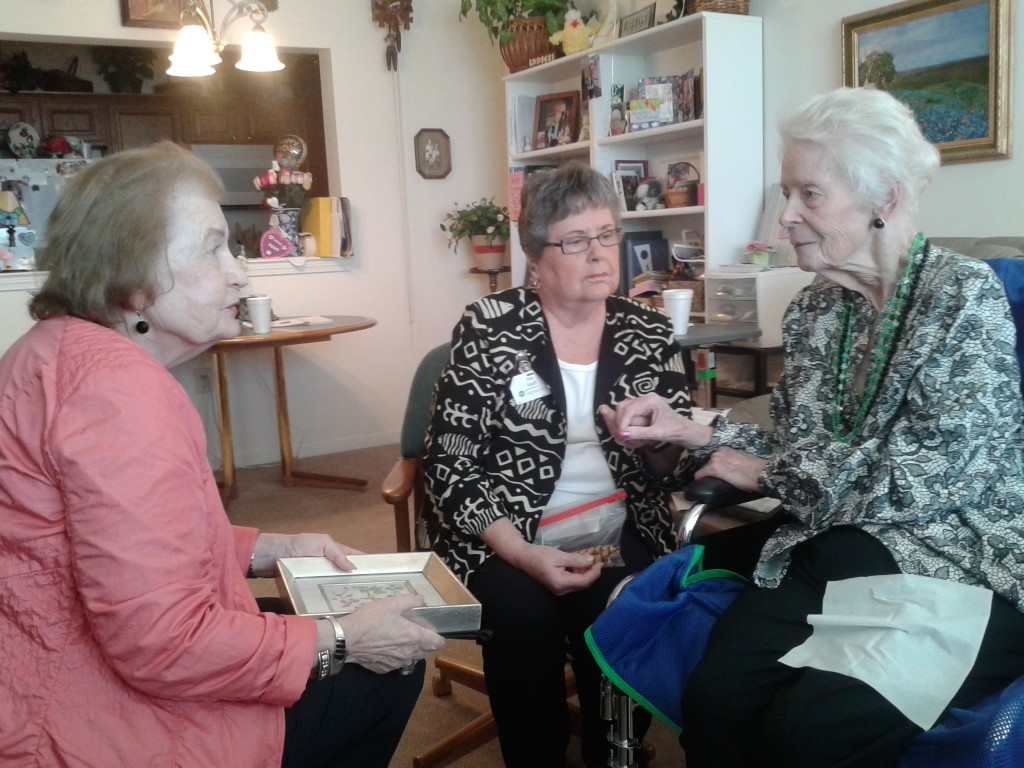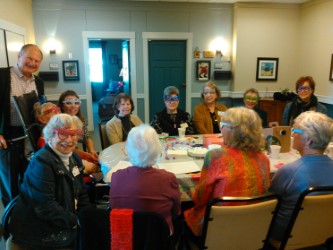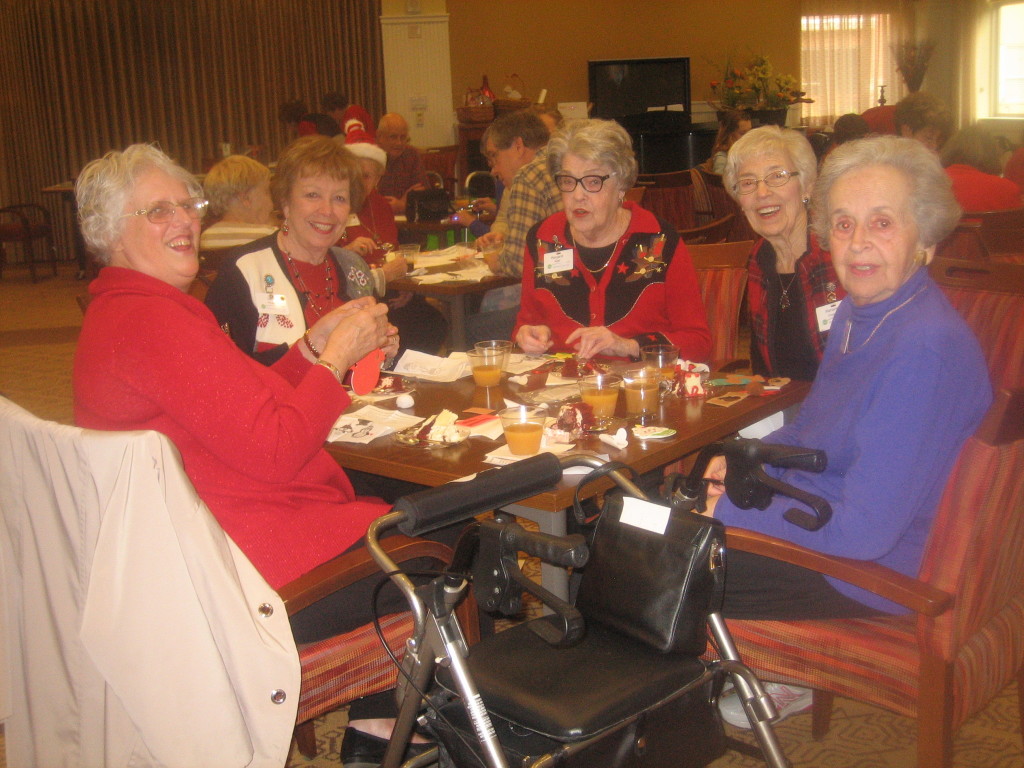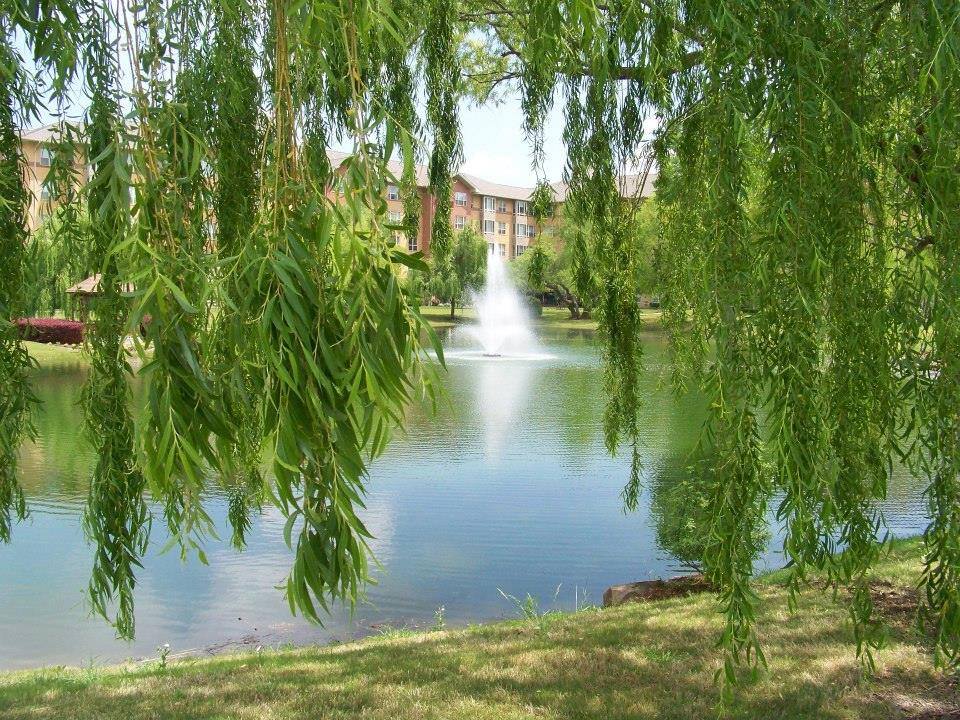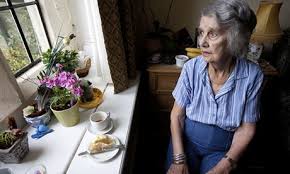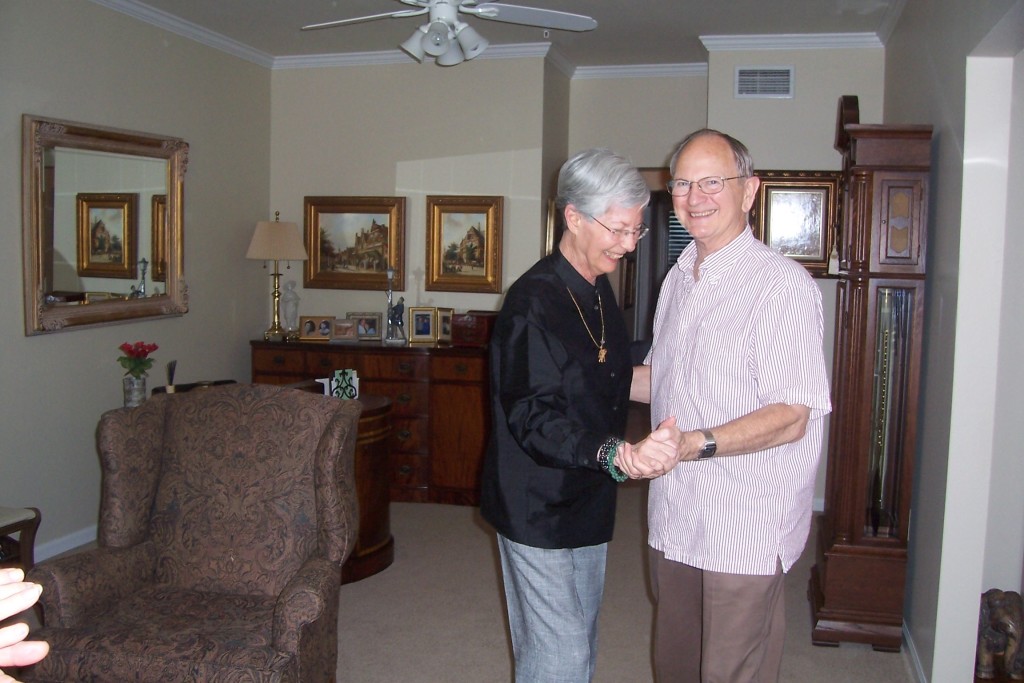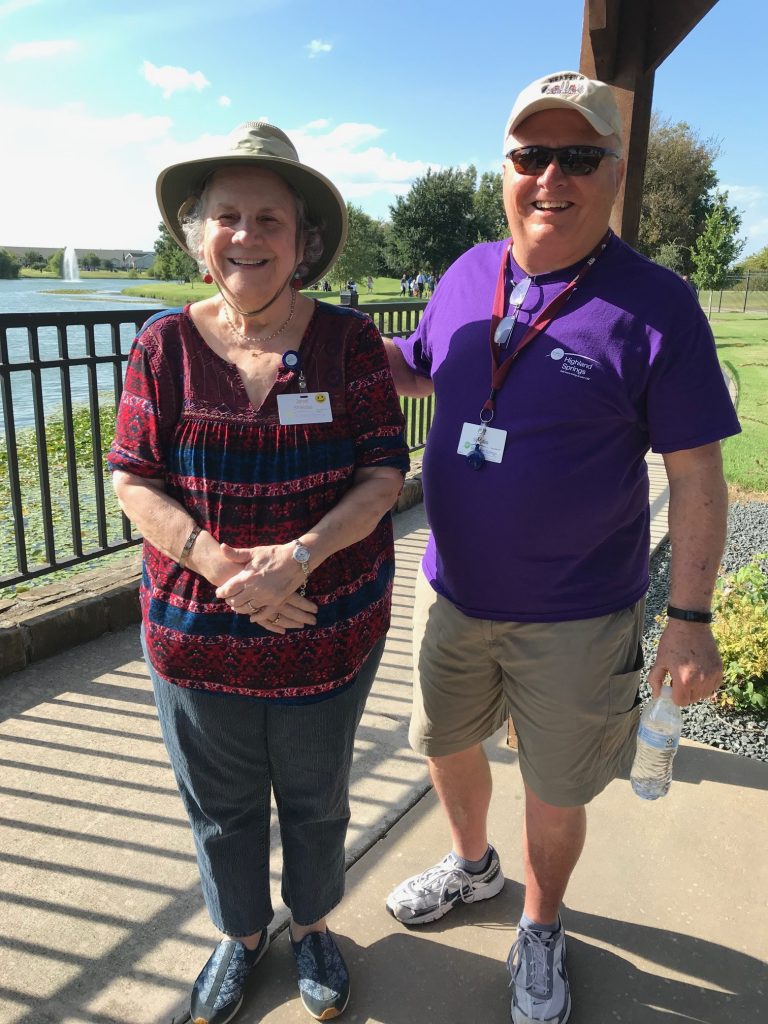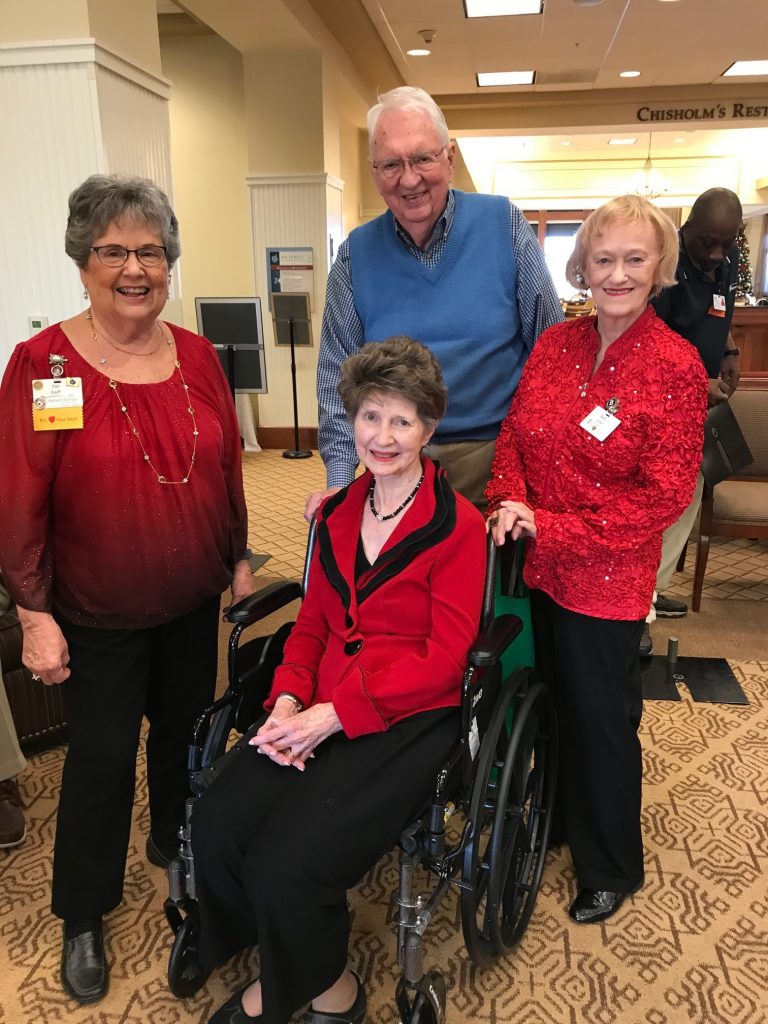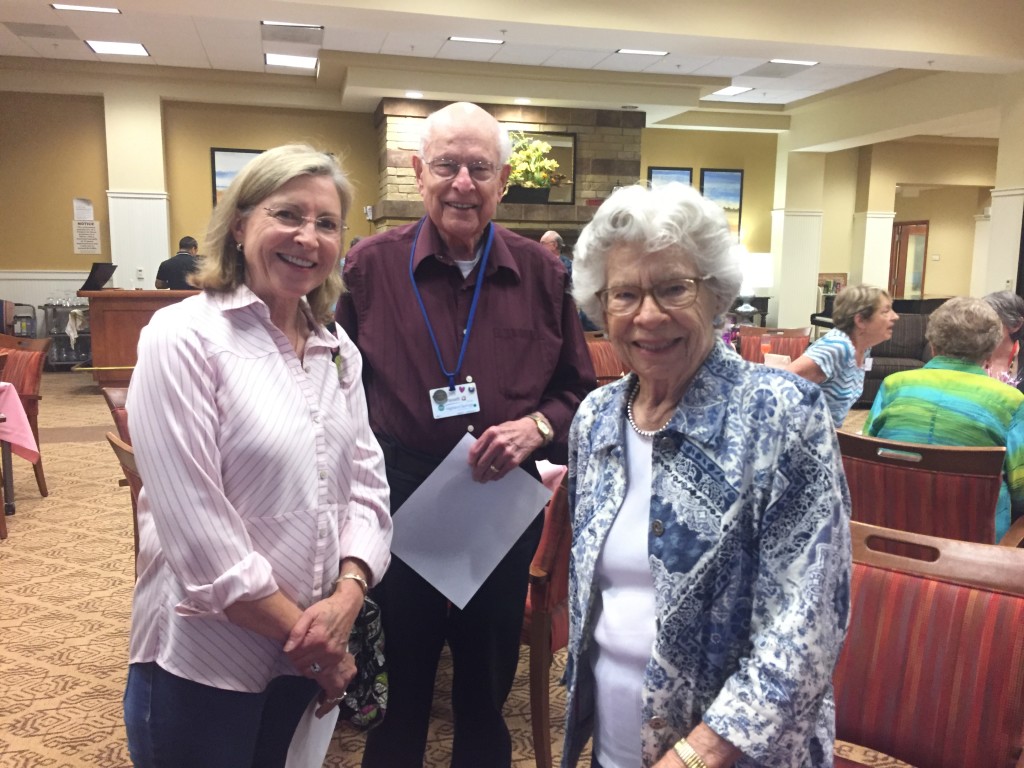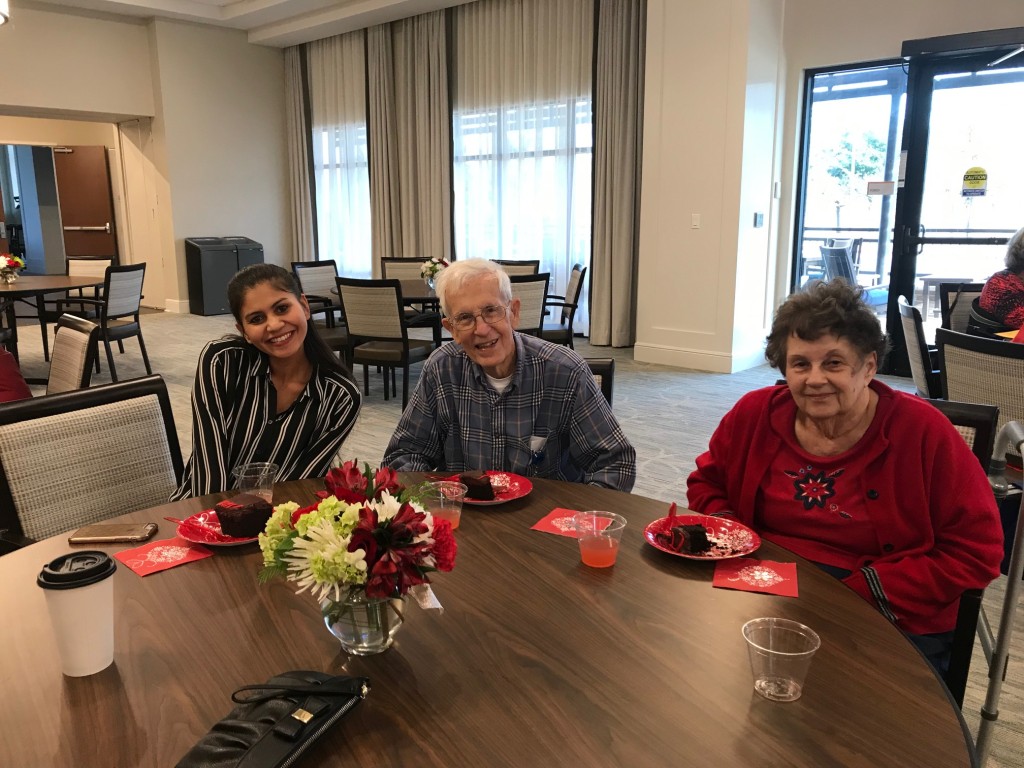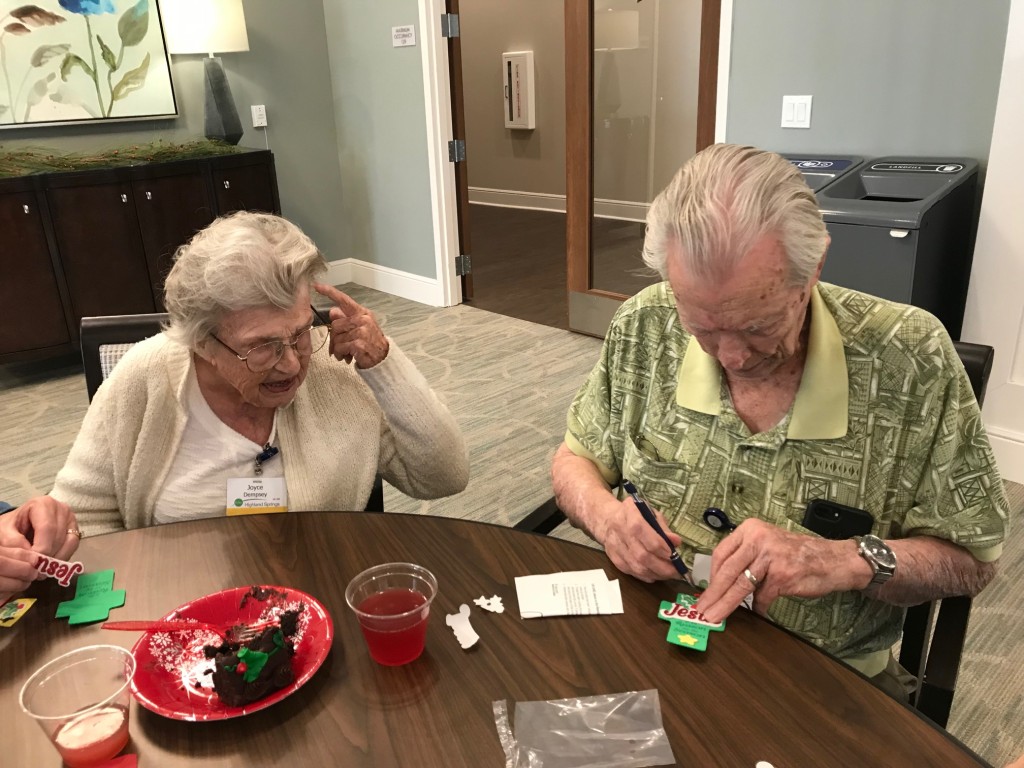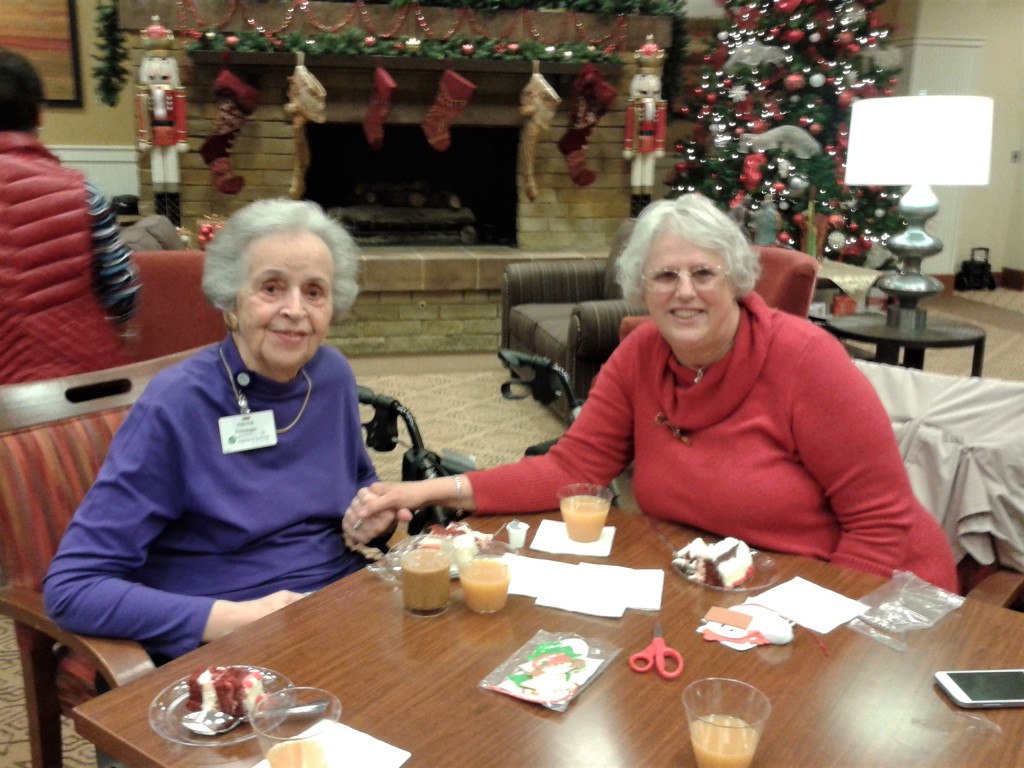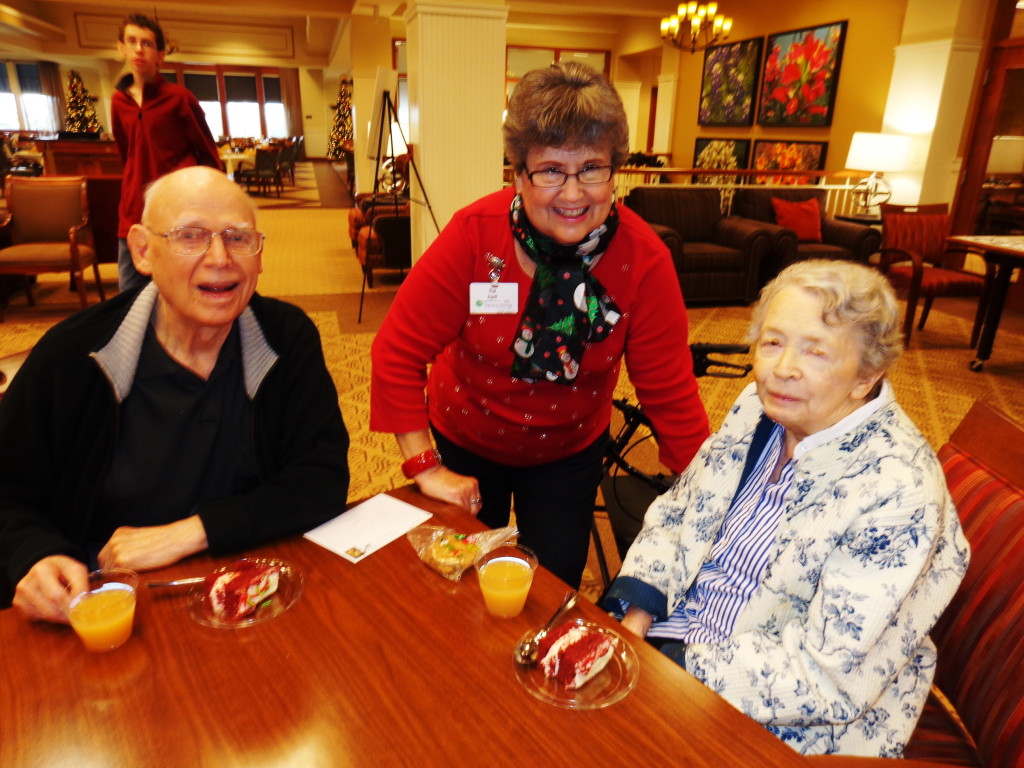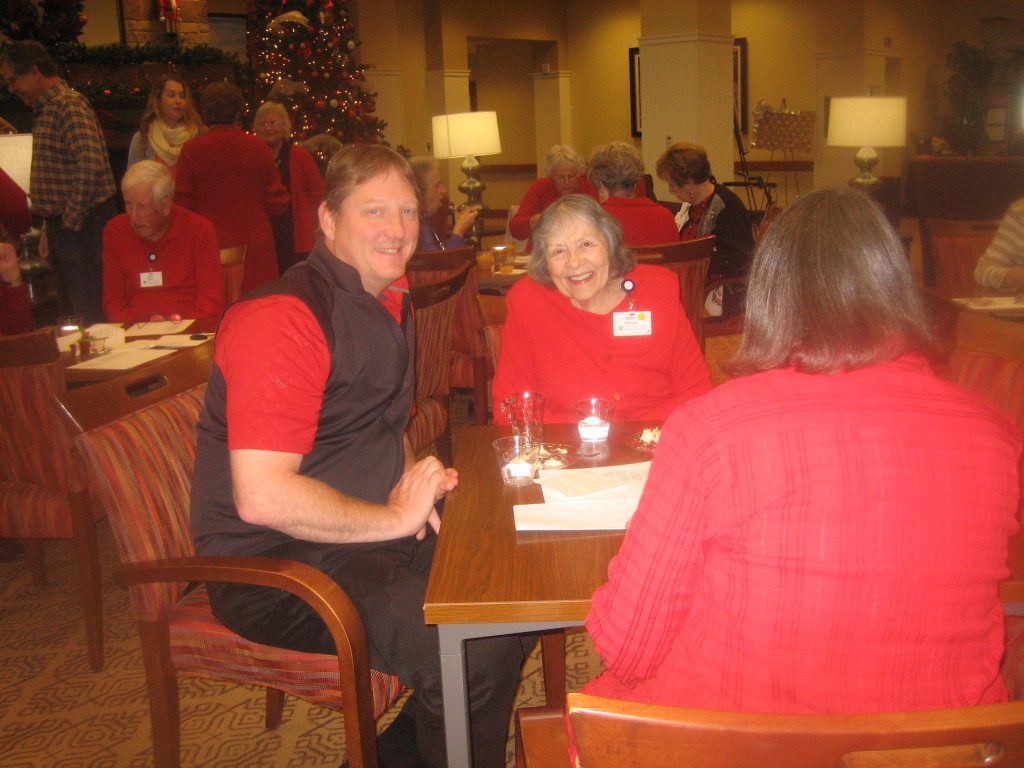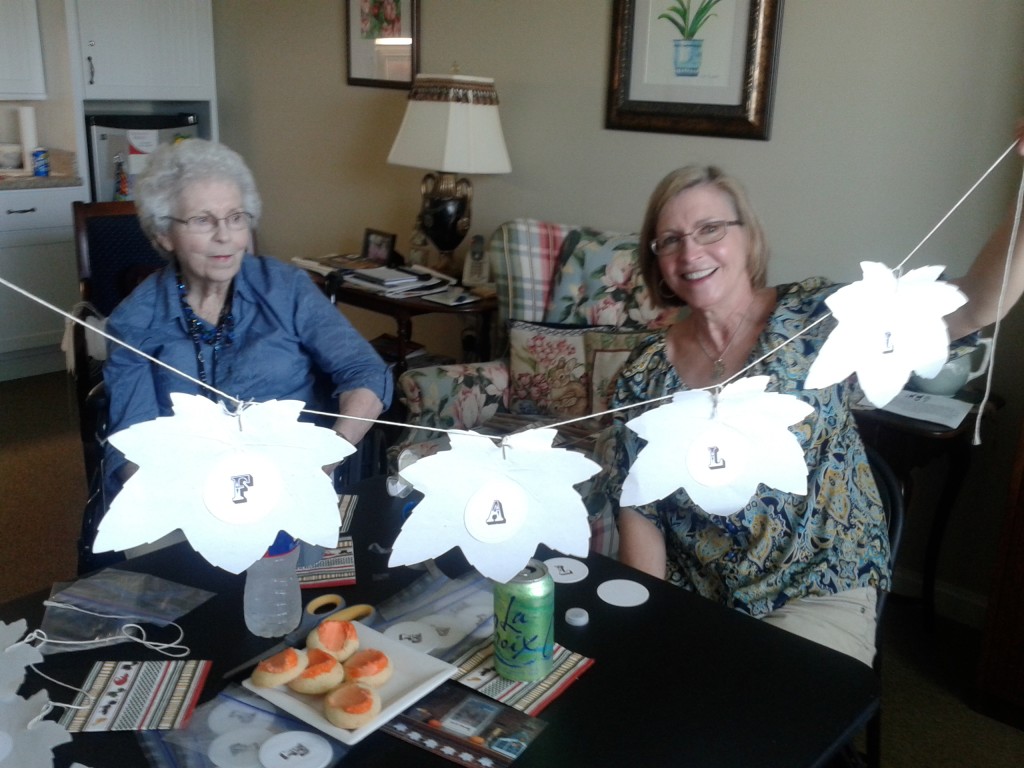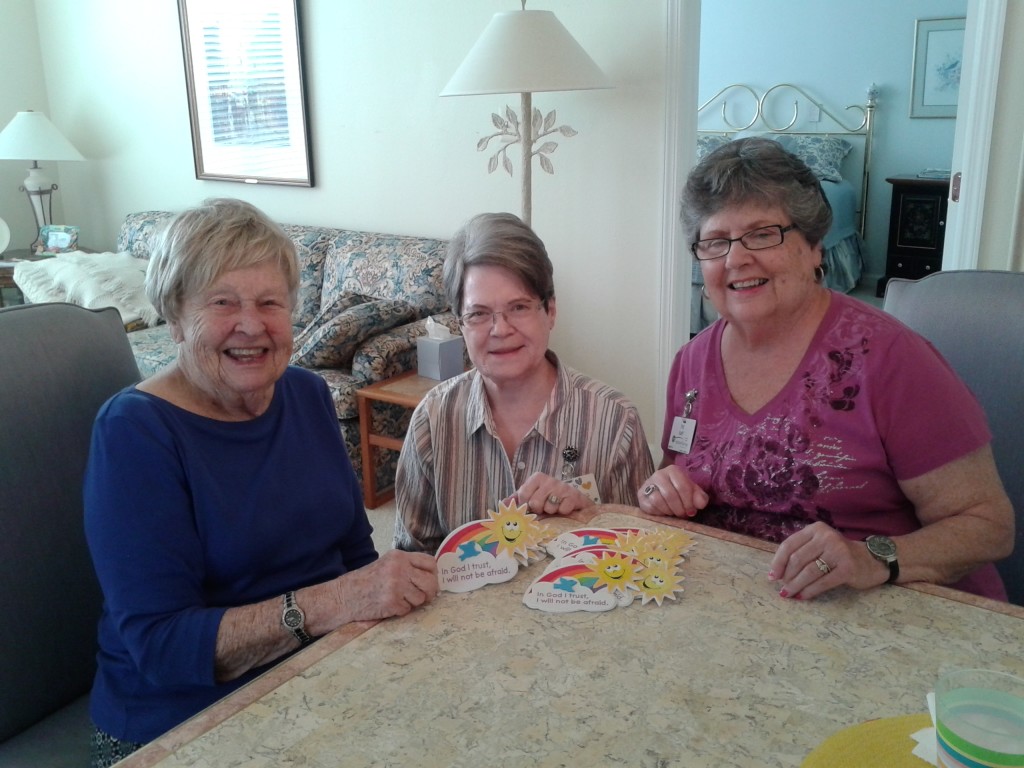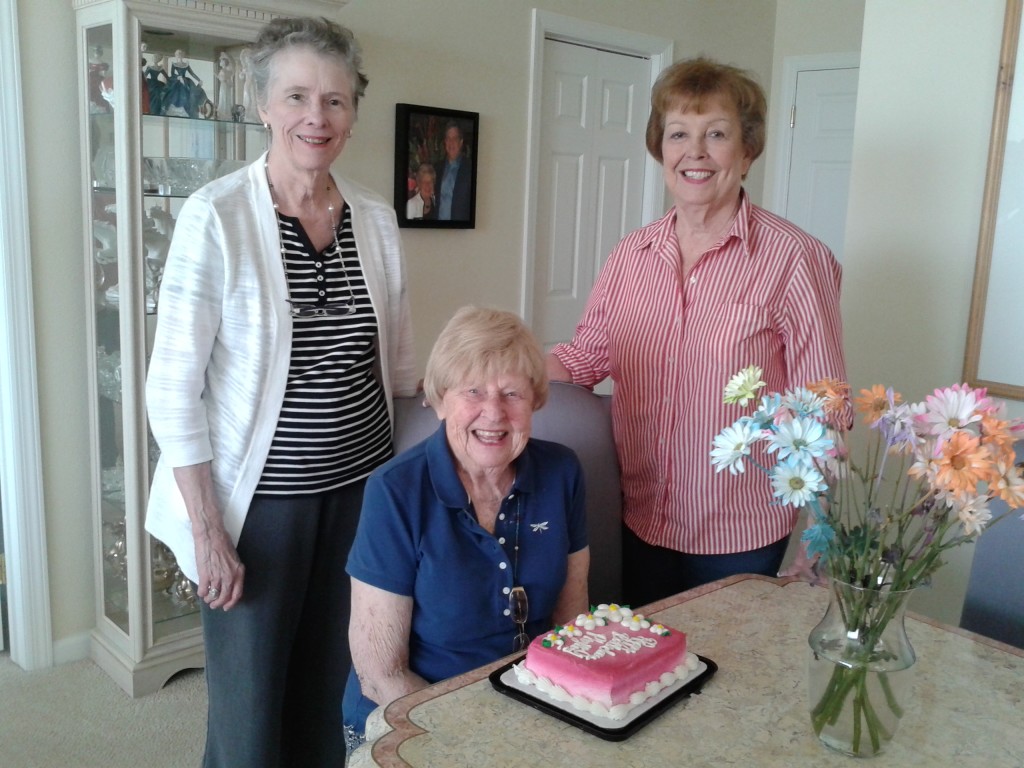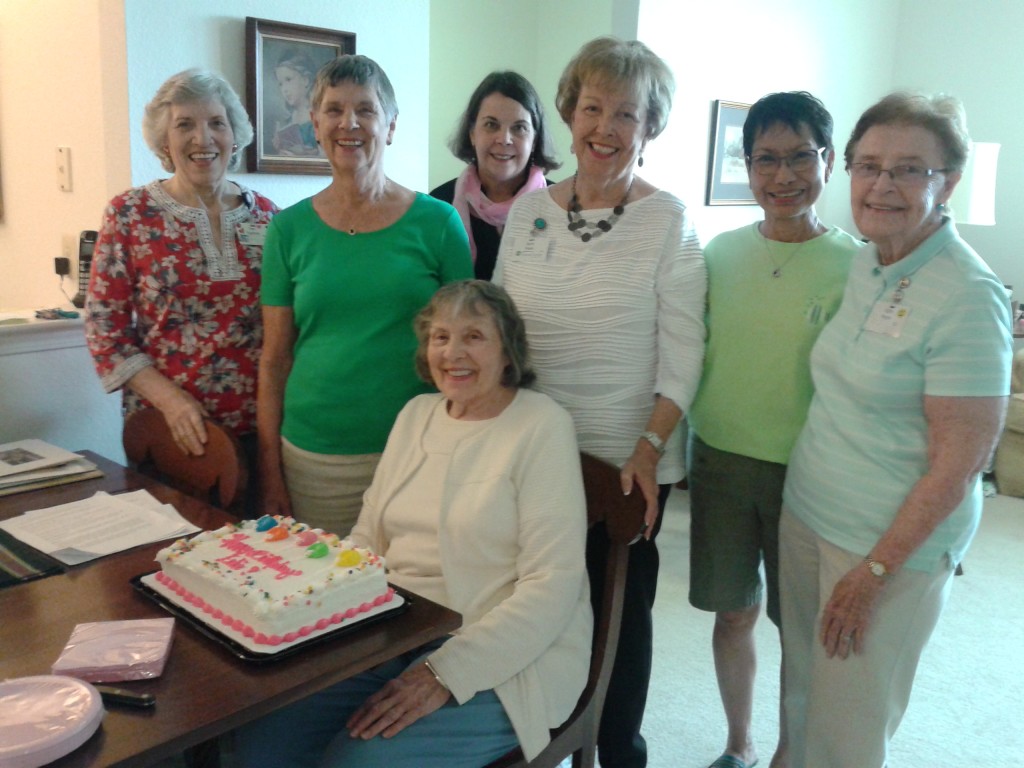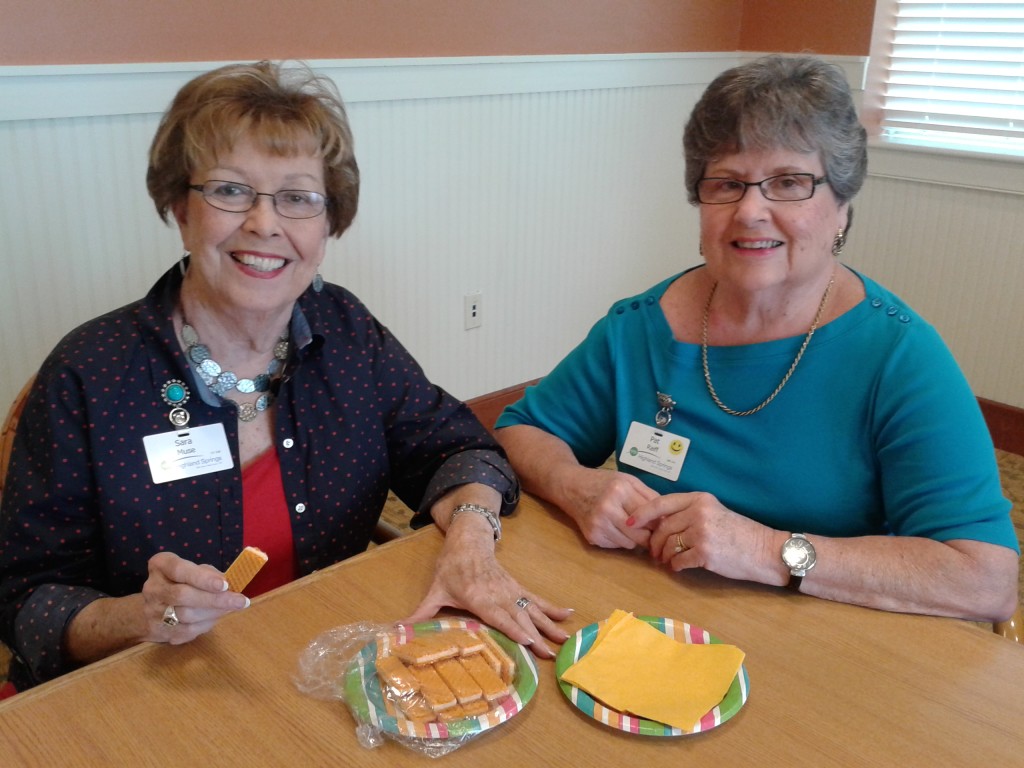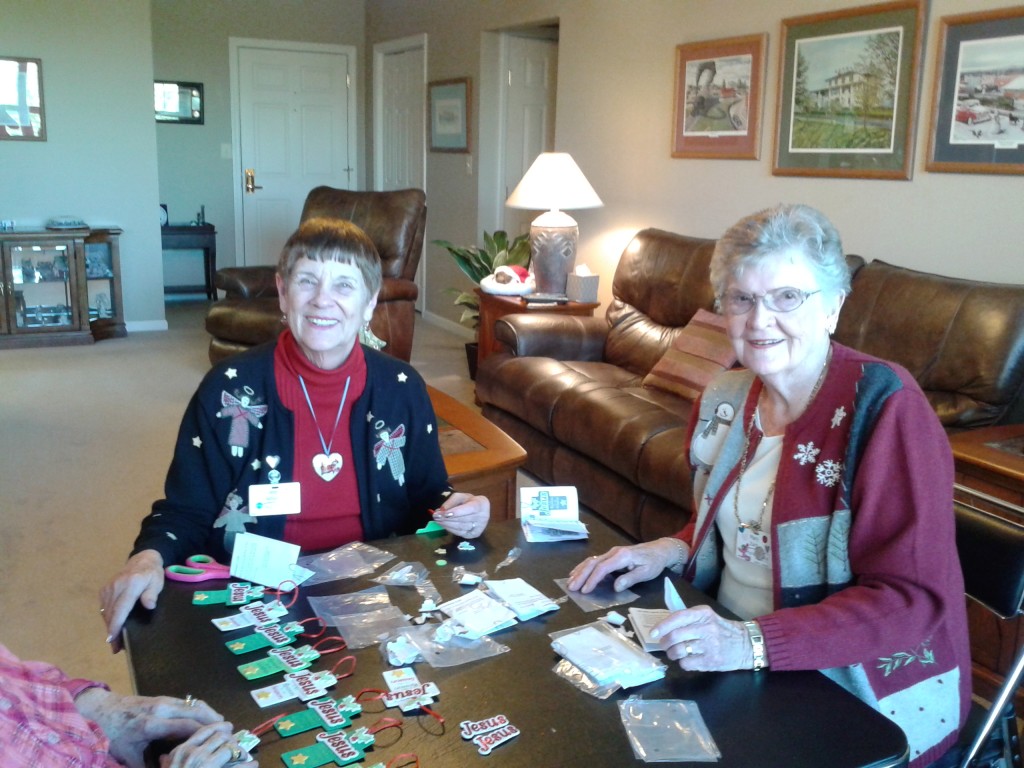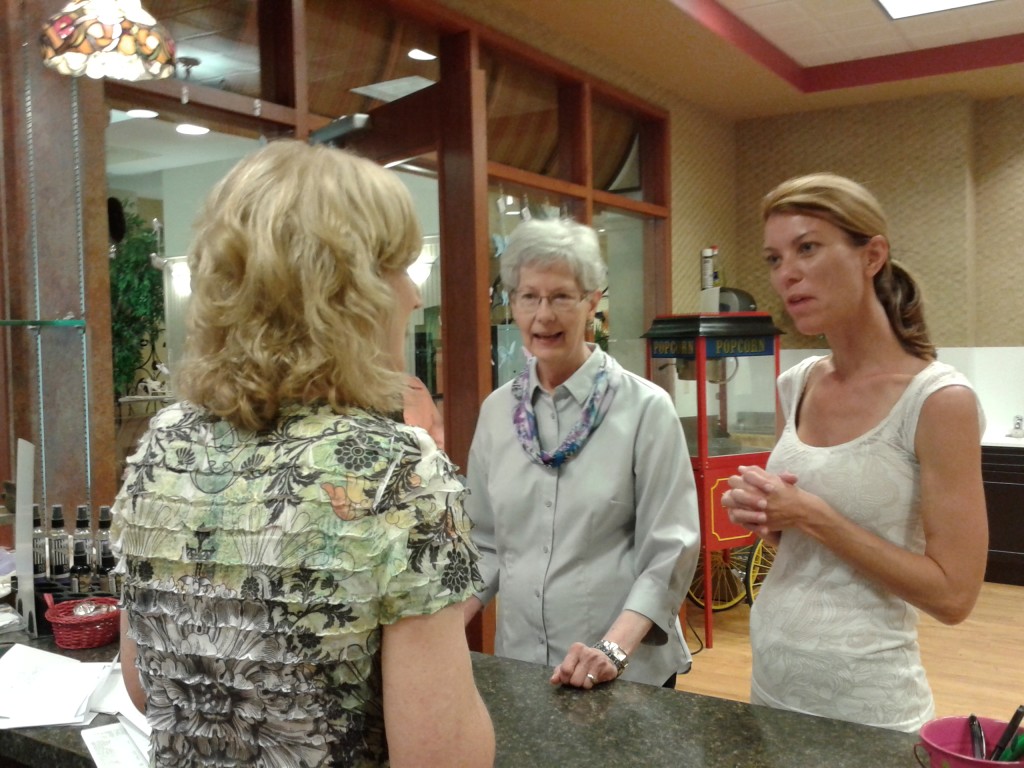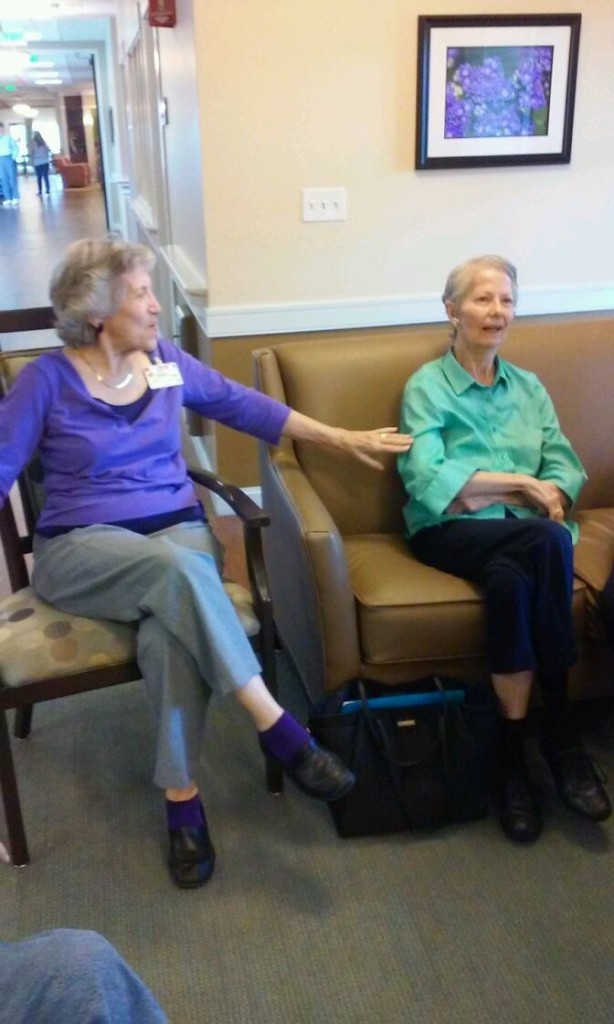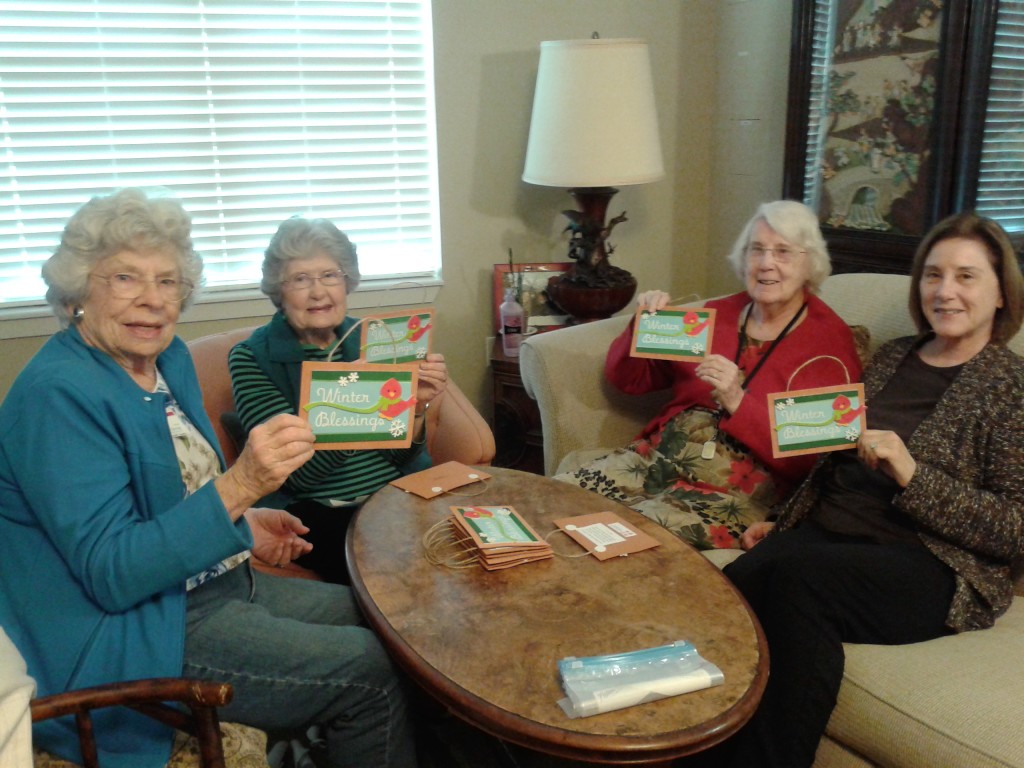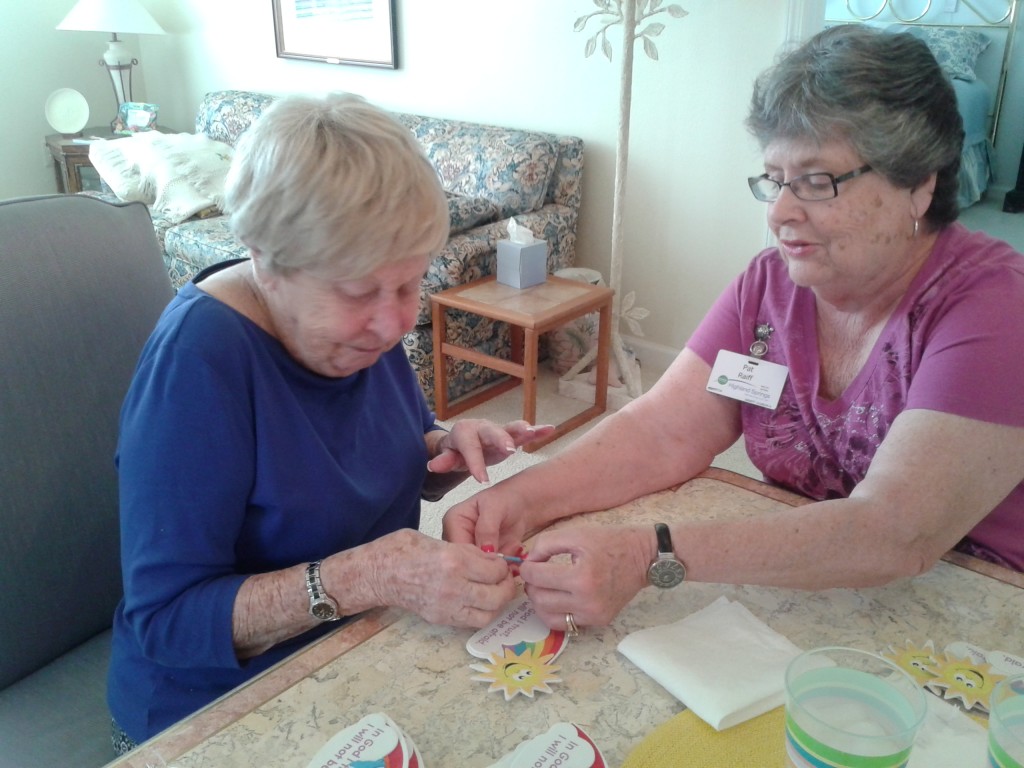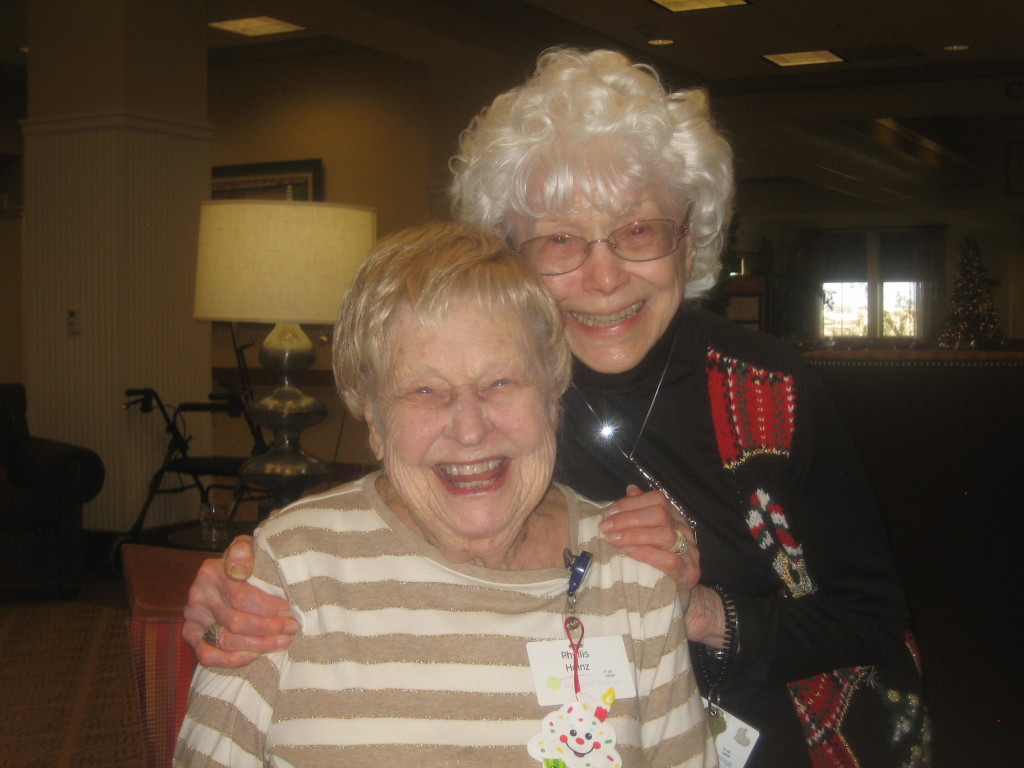Our dear friends with dementia deserve to continue to have meaning in their lives, just as you and I do. The only difference is that we as their friends and loved ones need to help provide opportunities for them that will foster feelings of achieving what matters to them in life.
After coordinating and/or making visits for over 4 years to a number of ladies who are diagnosed with one of the types of dementia (Alzheimer’s is the type most of the ladies we visit have), I have found that our dear friends with dementia want two things:
1. They want to feel loved.
2. They want to feel like they can still contribute something worthwhile to society.
To feel loved, they need to feel secure in their surroundings and appreciated for who they are. They feel safe and secure in familiar surroundings doing things they can successfully accomplish. Our dear friends can play Scrabble, card games and the piano, and they can bake cookies. Now, they may not know whose turn it is or how to keep score or where their music is or how to measure ingredients, but we work behind the scenes to help get everything ready and give clues about how to proceed. They can accomplish these things because the activities are something they did as a child or a young adult and their brains can still pull up those long time memories. We combine plenty of encouraging words, smiles, and hugs with the activities that we do, helping them feel loved and appreciated.
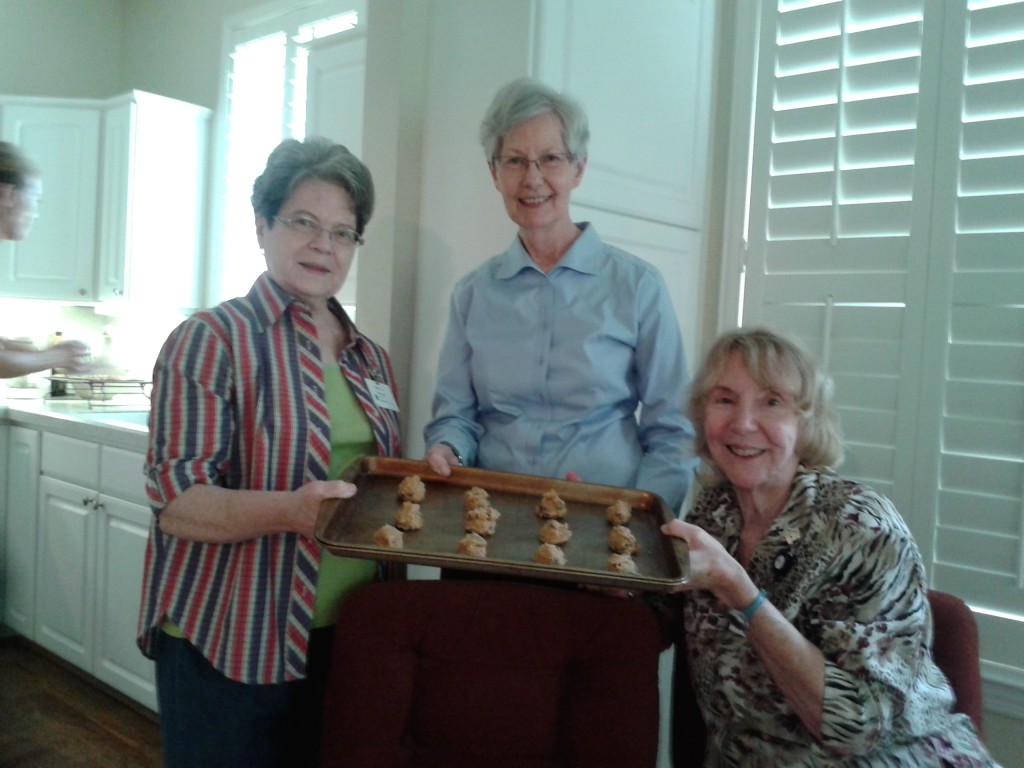 To feel like they are contributing something to society, they need to be able to give something back. At our visits we have made crafts to distribute to other residents in our community. Our dear friends feel like they are a part of a team who gives something worthwhile to someone else. As a result, they feel like they are still playing a valuable role in meeting the needs of others. They feel like they are “givers” and not just “takers.”
To feel like they are contributing something to society, they need to be able to give something back. At our visits we have made crafts to distribute to other residents in our community. Our dear friends feel like they are a part of a team who gives something worthwhile to someone else. As a result, they feel like they are still playing a valuable role in meeting the needs of others. They feel like they are “givers” and not just “takers.”
They help make craft projects that encourage those in our community who are sick or need a cheerful reminder that someone cares about them. Our friends with dementia understand that “helping others” gives them a sense of purpose which leads to a meaningful life.
Making crafts to give away:
Our dear friends are just that….dear, precious ladies with whom we have formed bonds of friendship. Our lives are rich with meaning just by being with them. It is a blessing that is shared among the dear friend we are visiting and with each Lady-Link who is making the visit. A great way to add meaning to all our lives.
